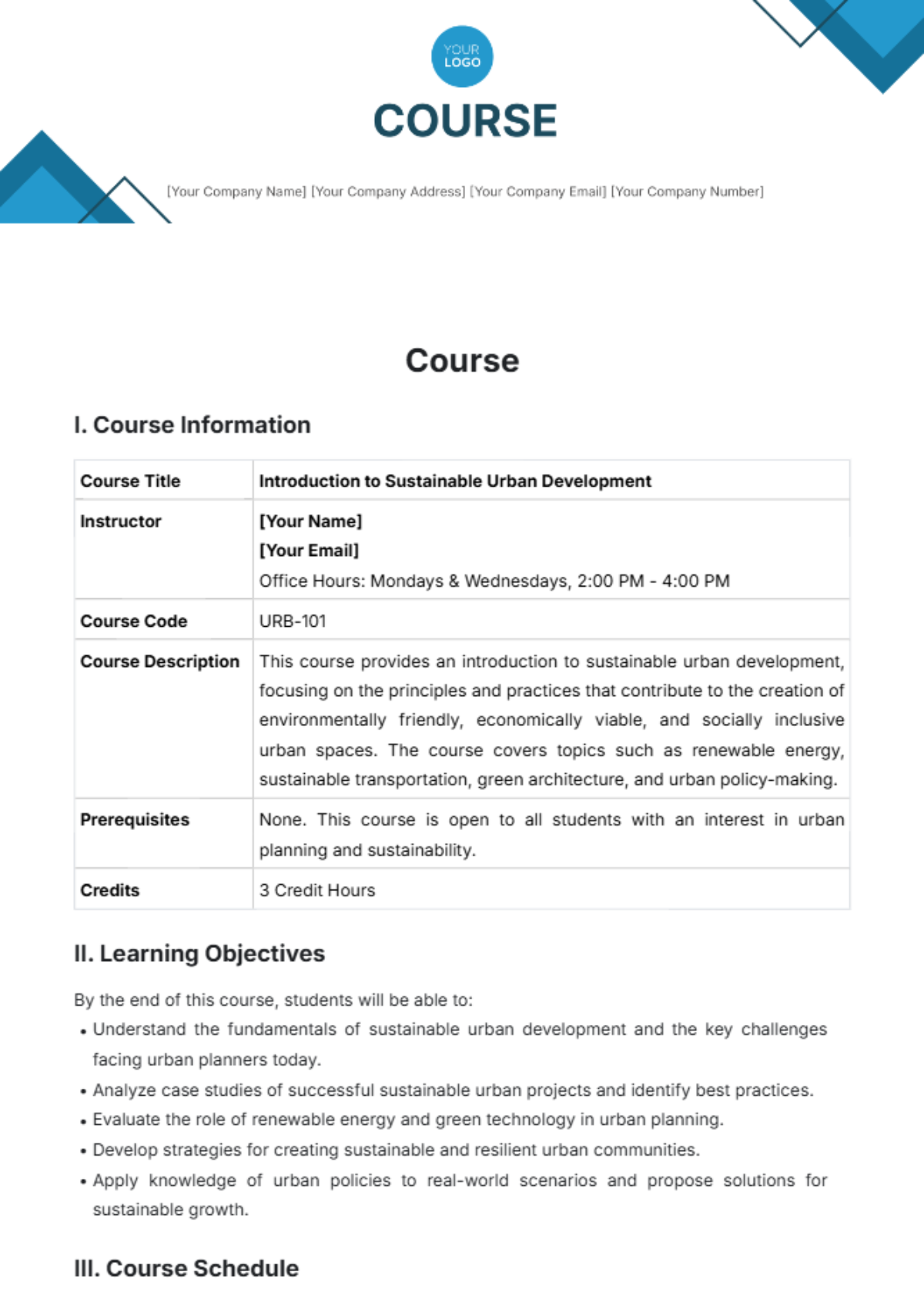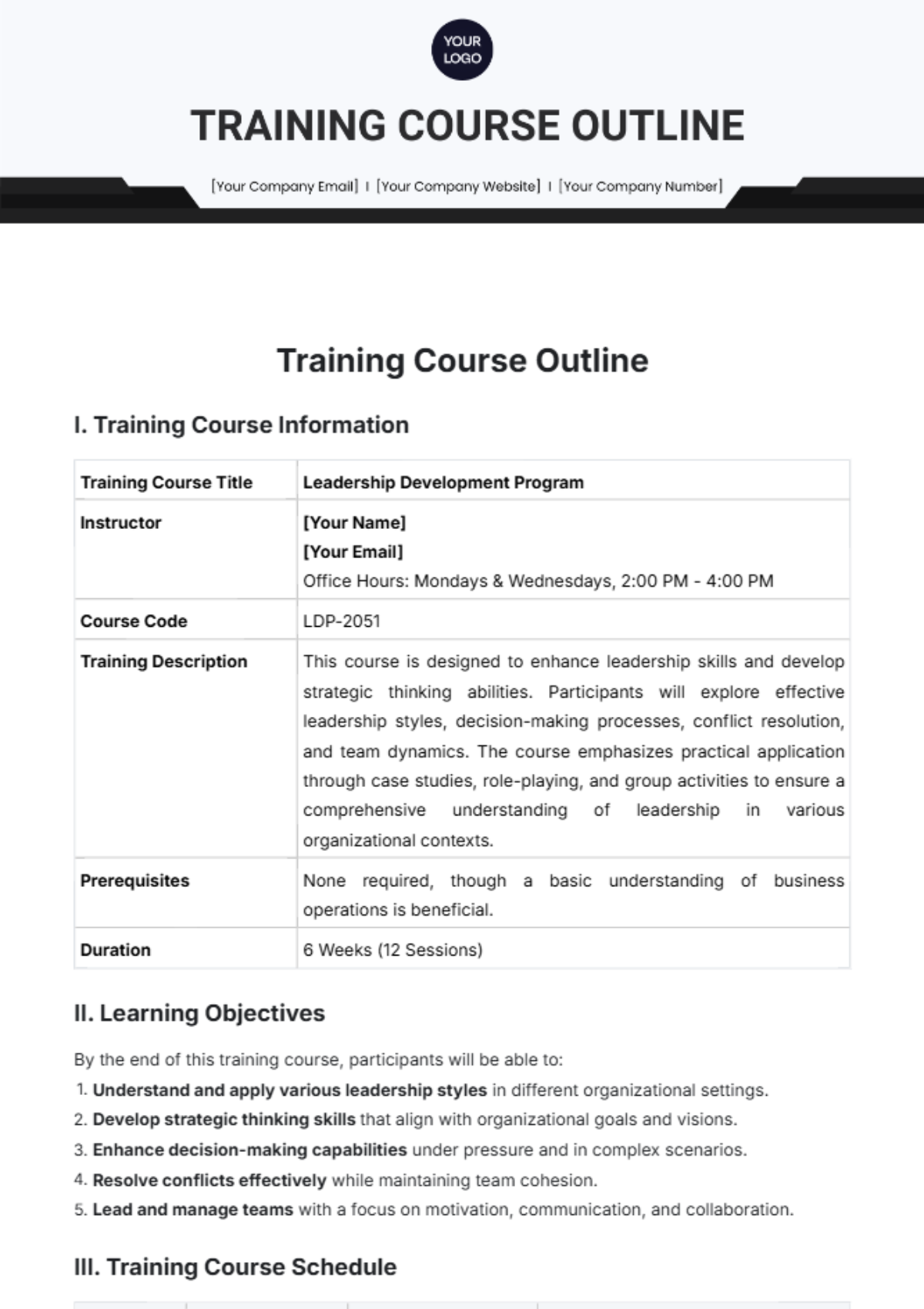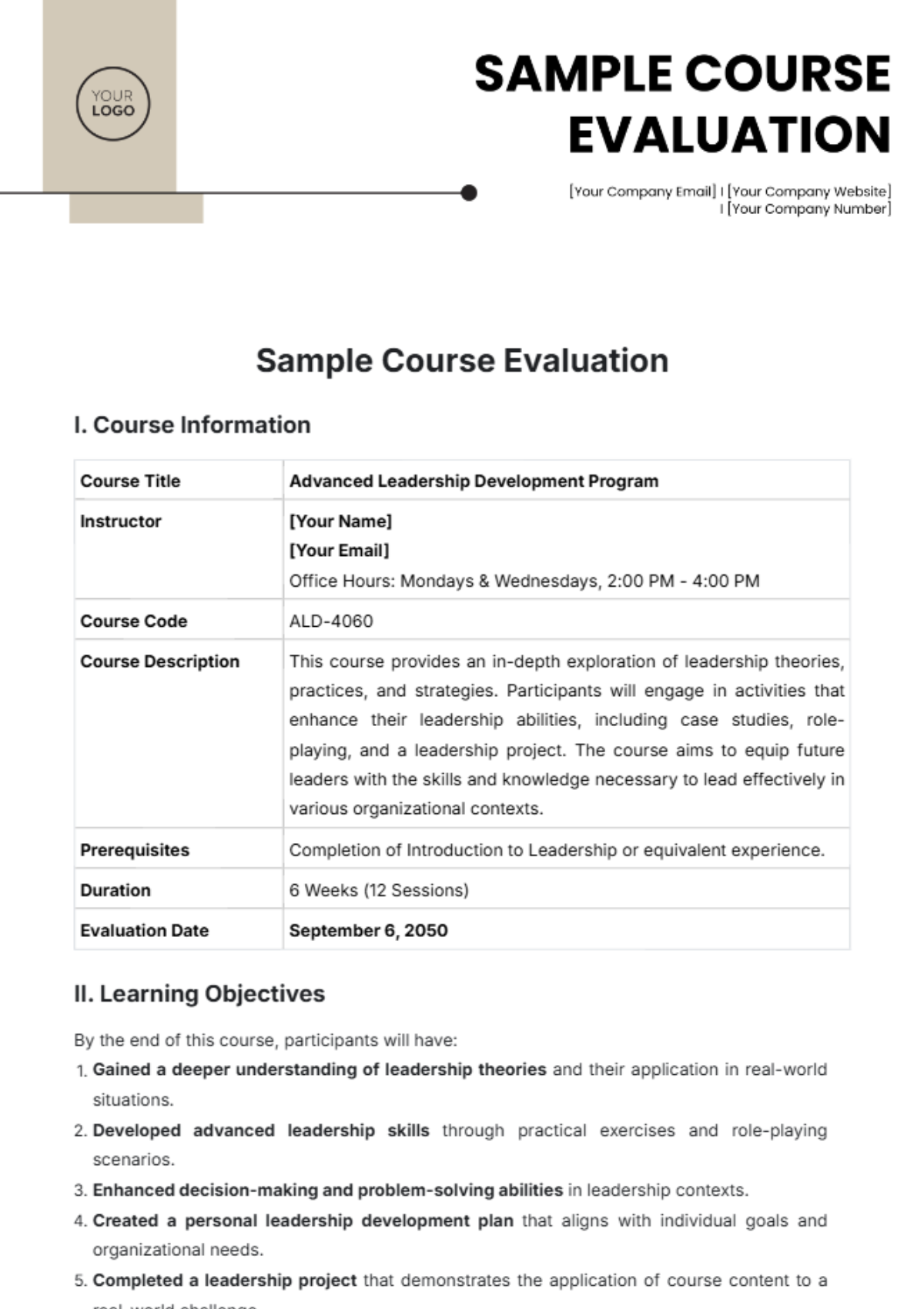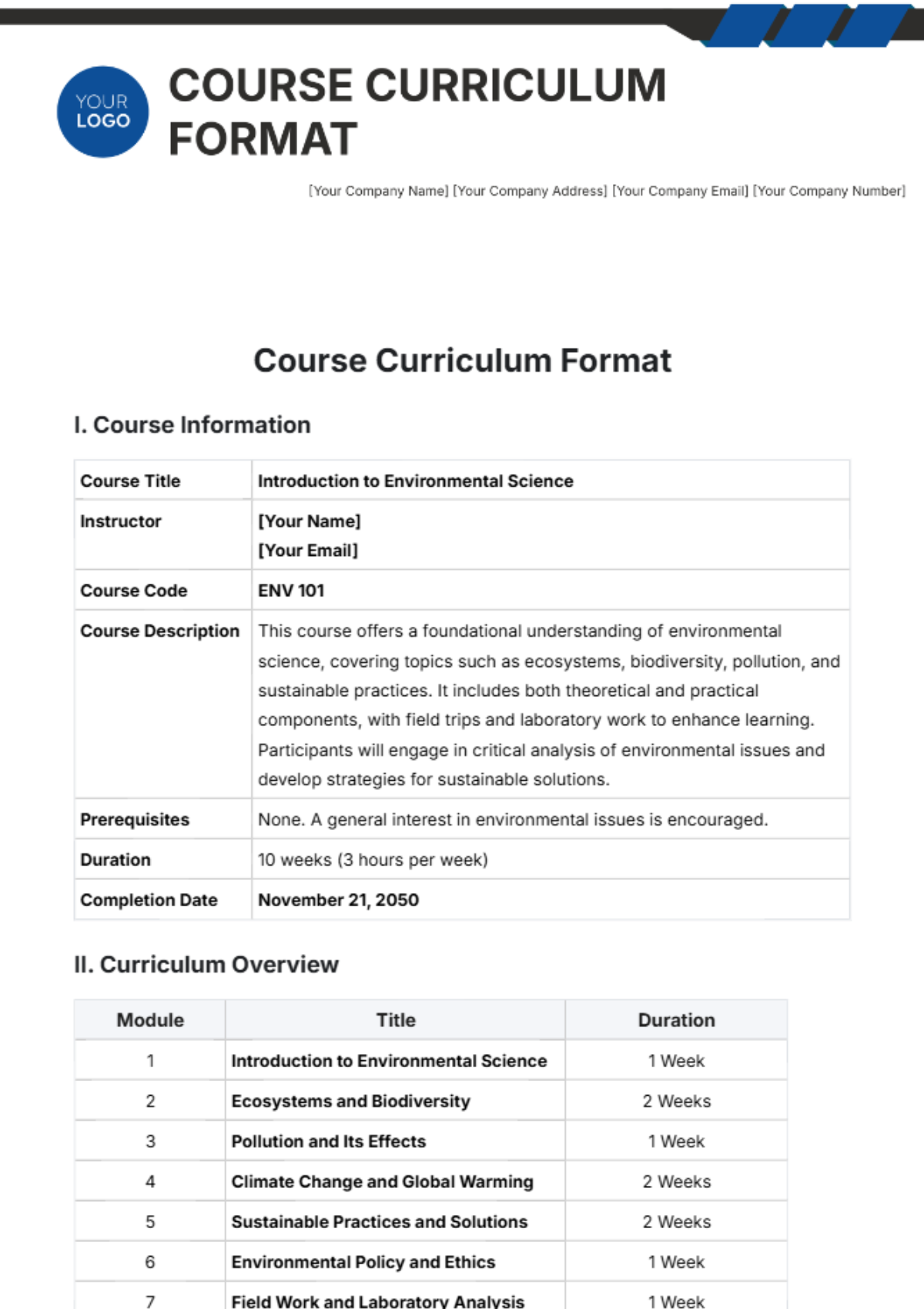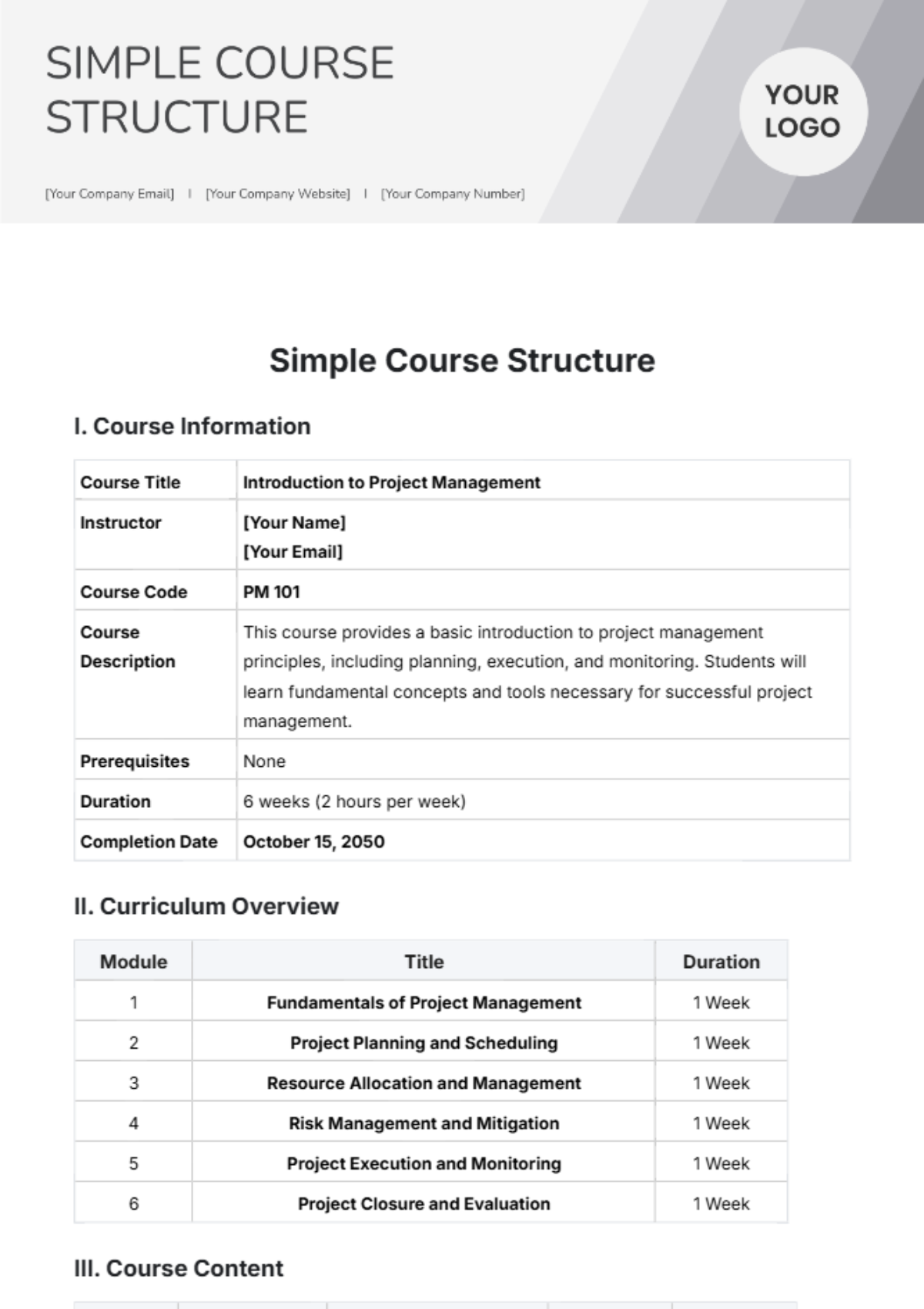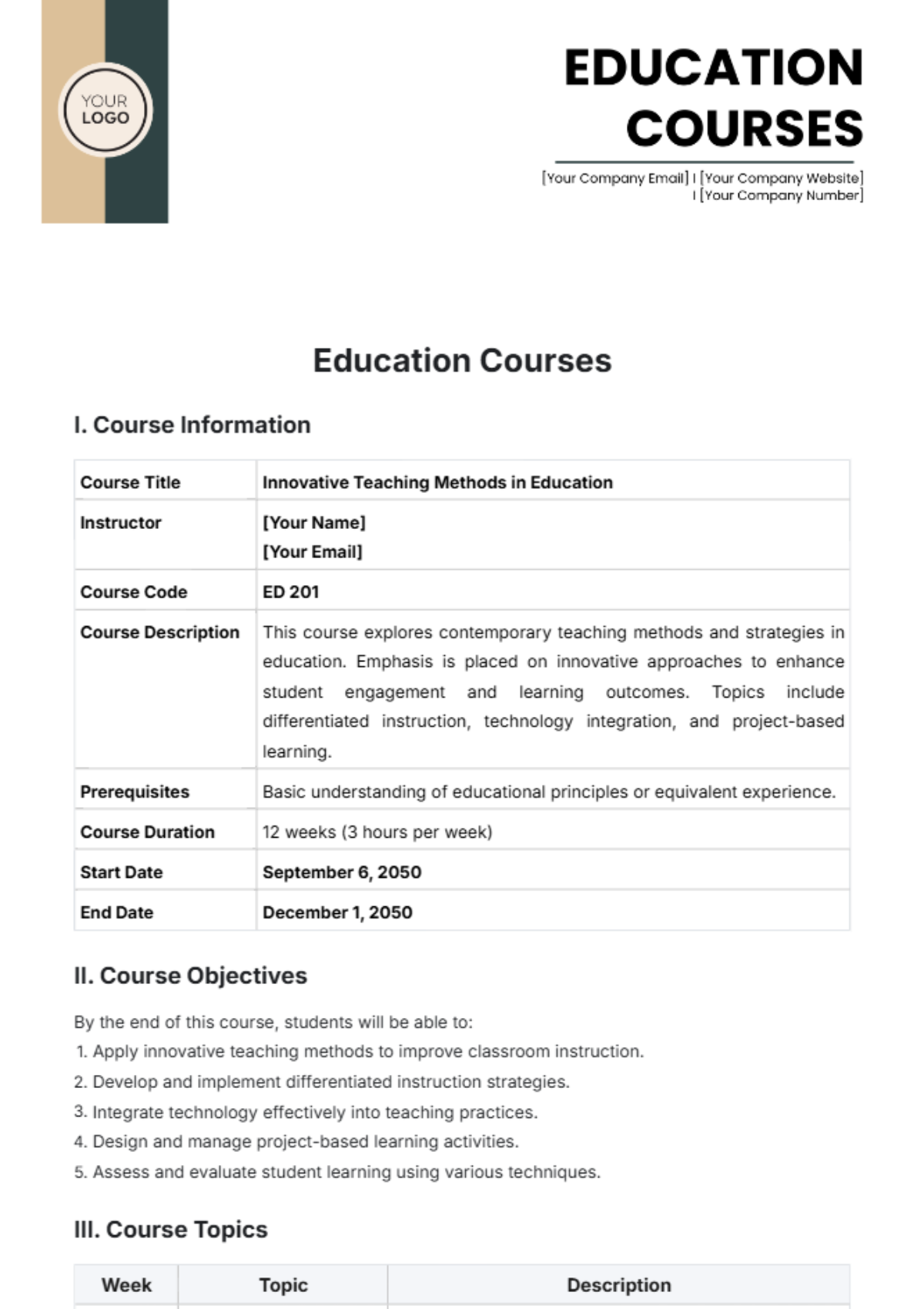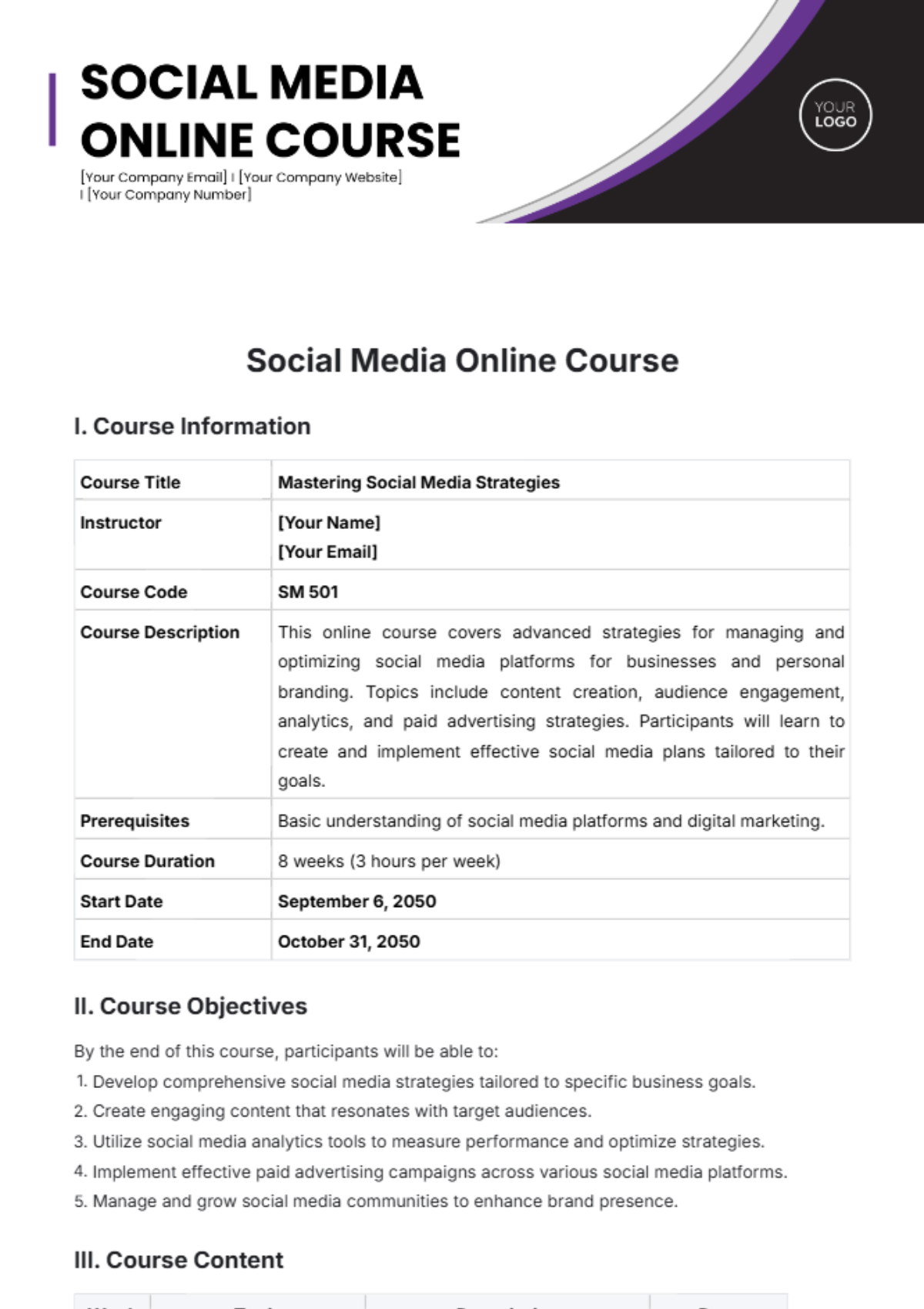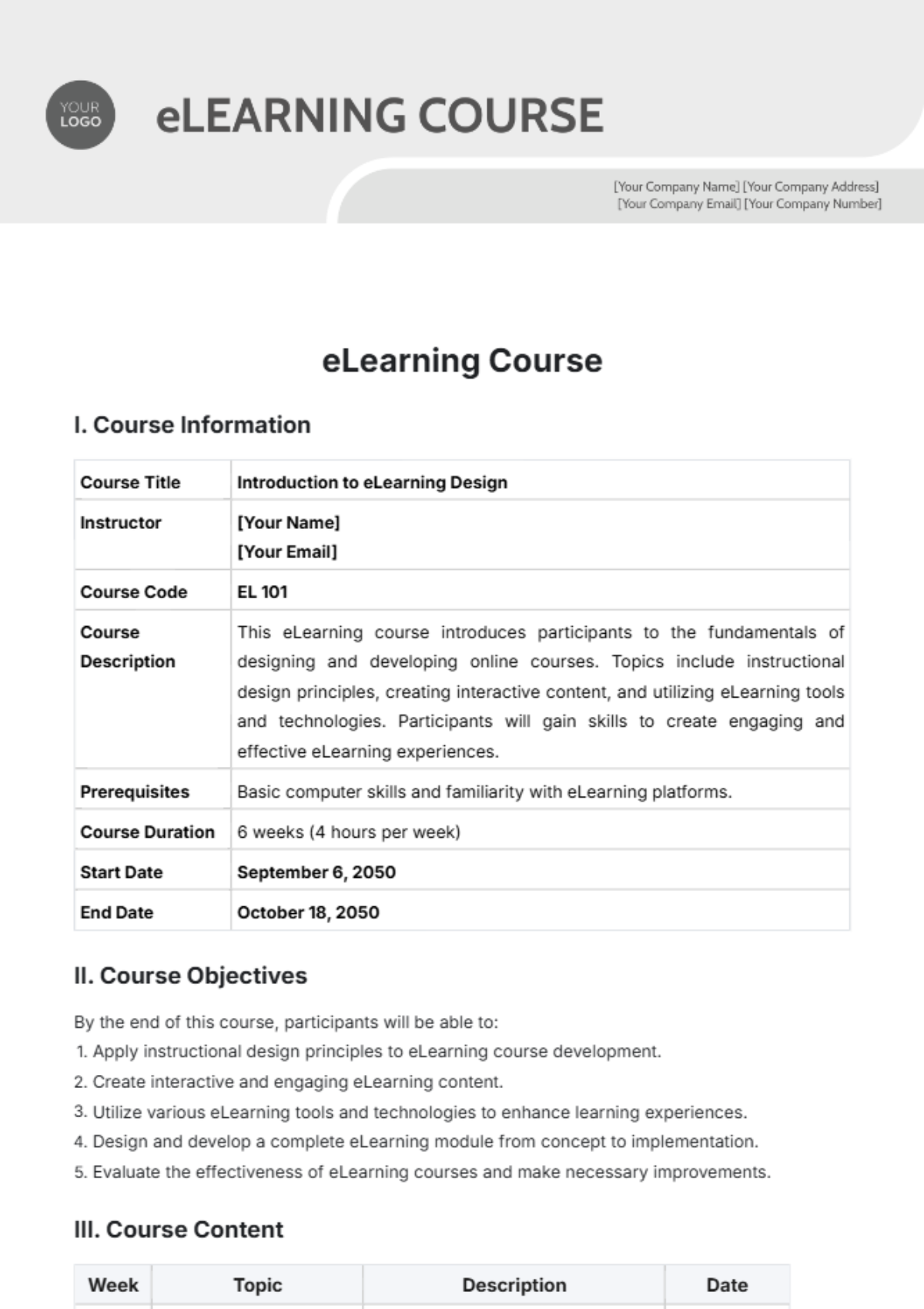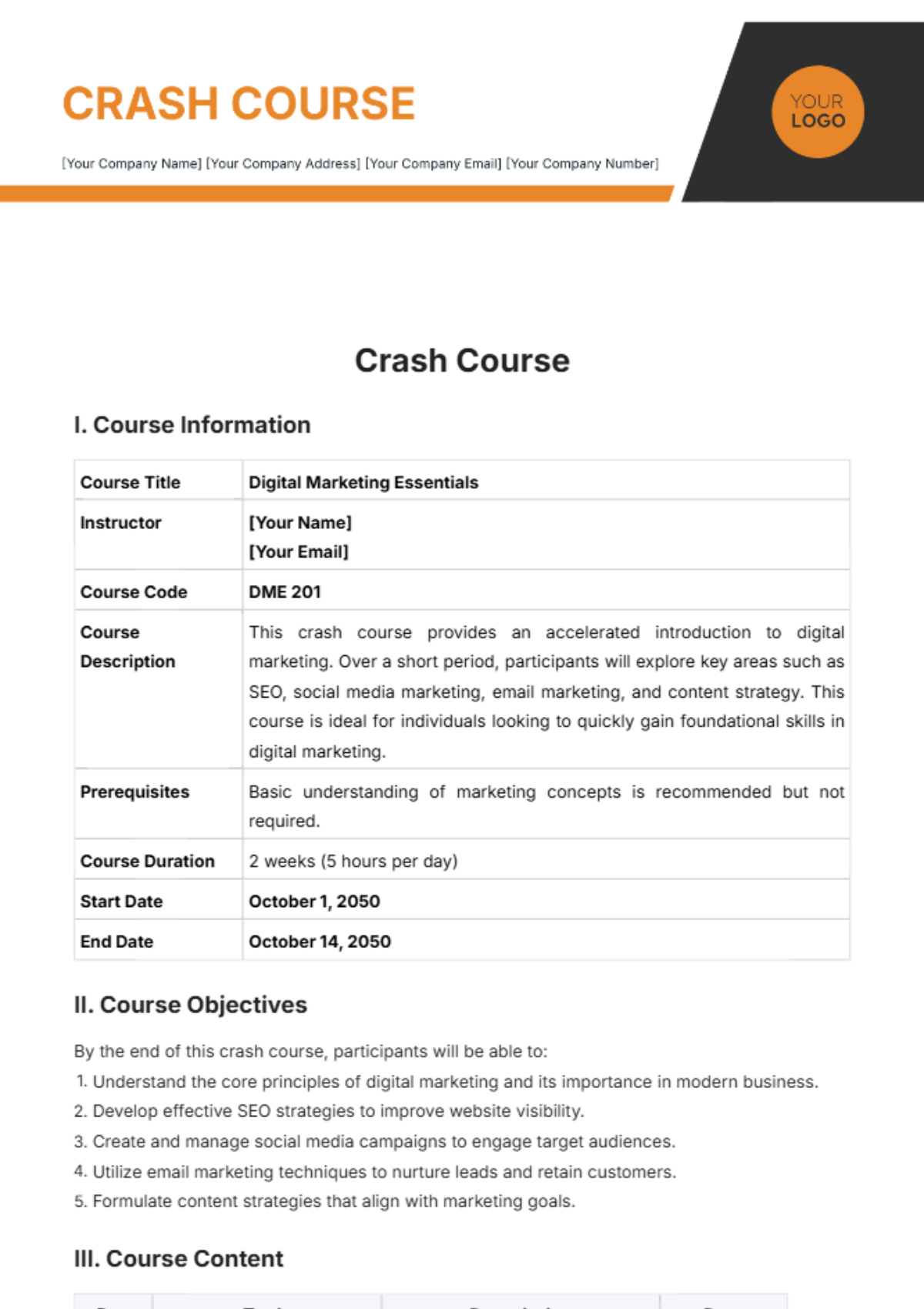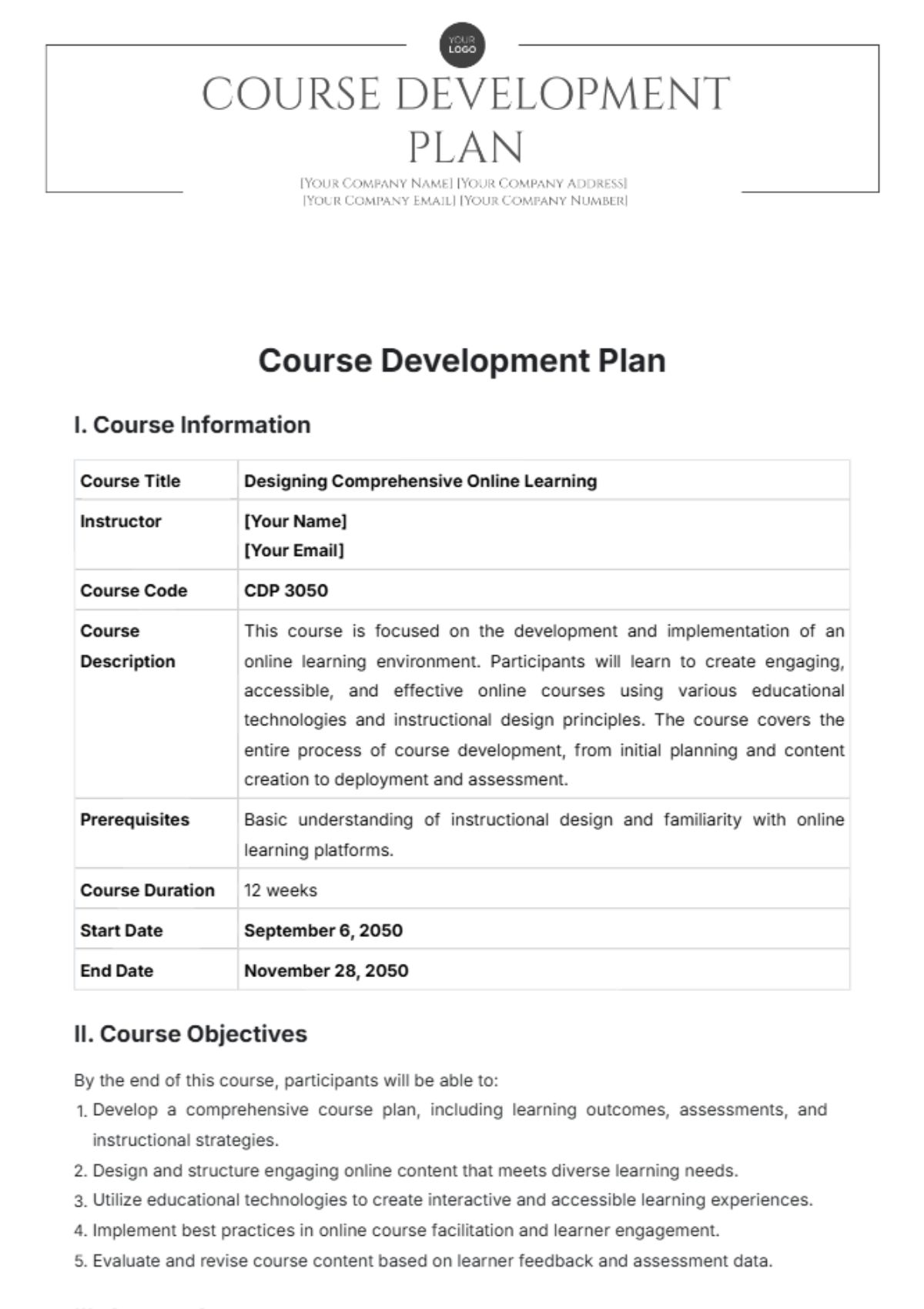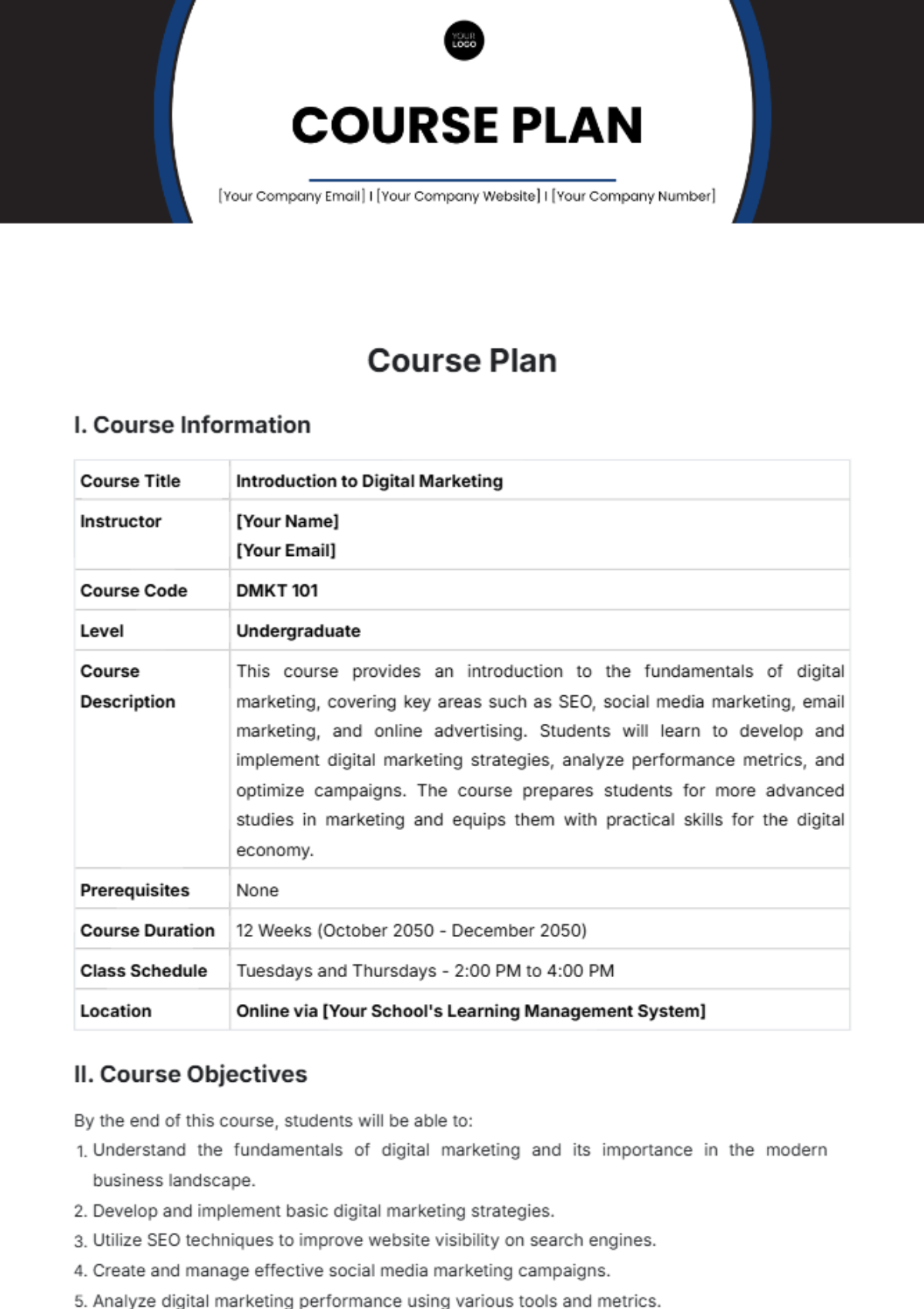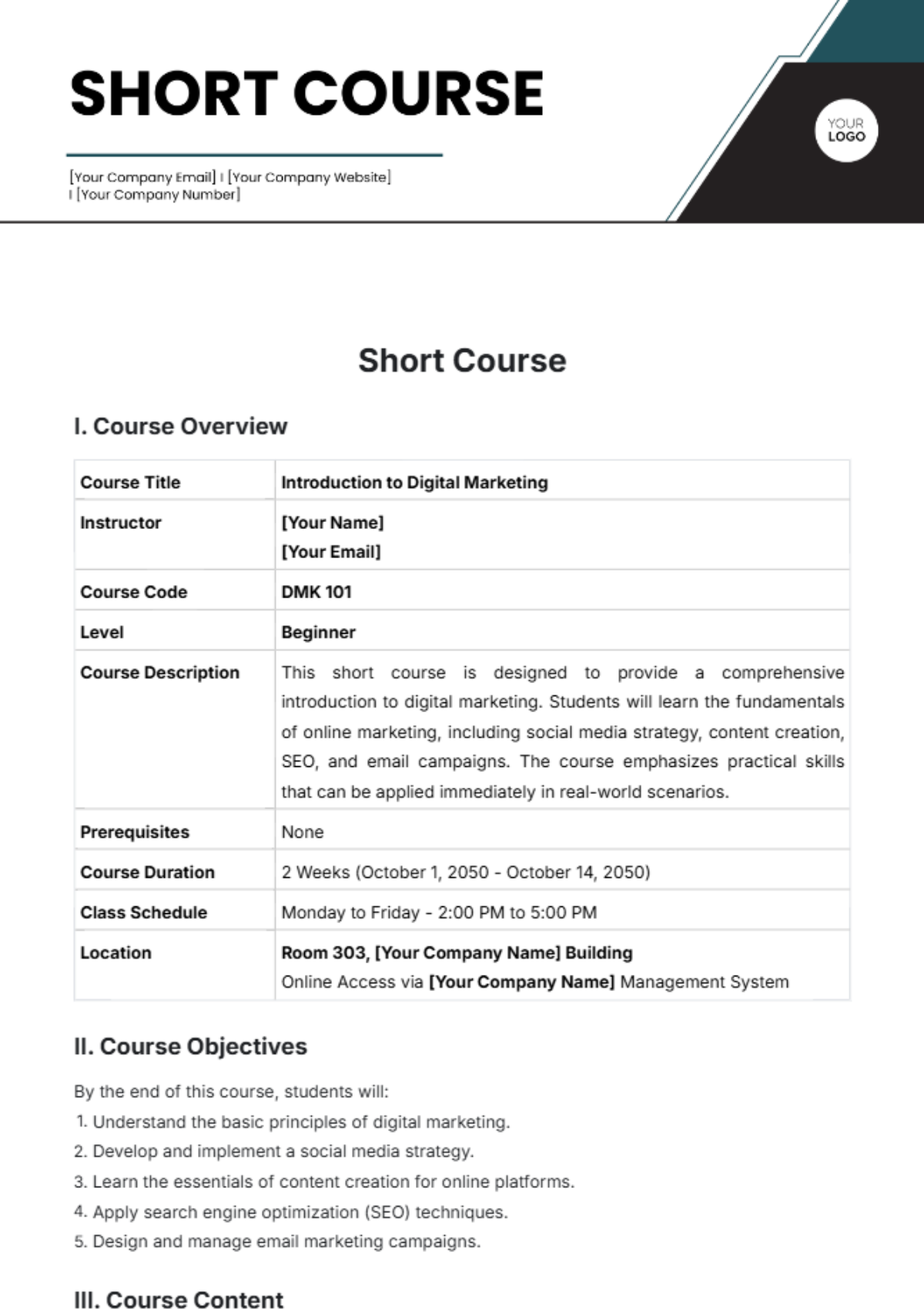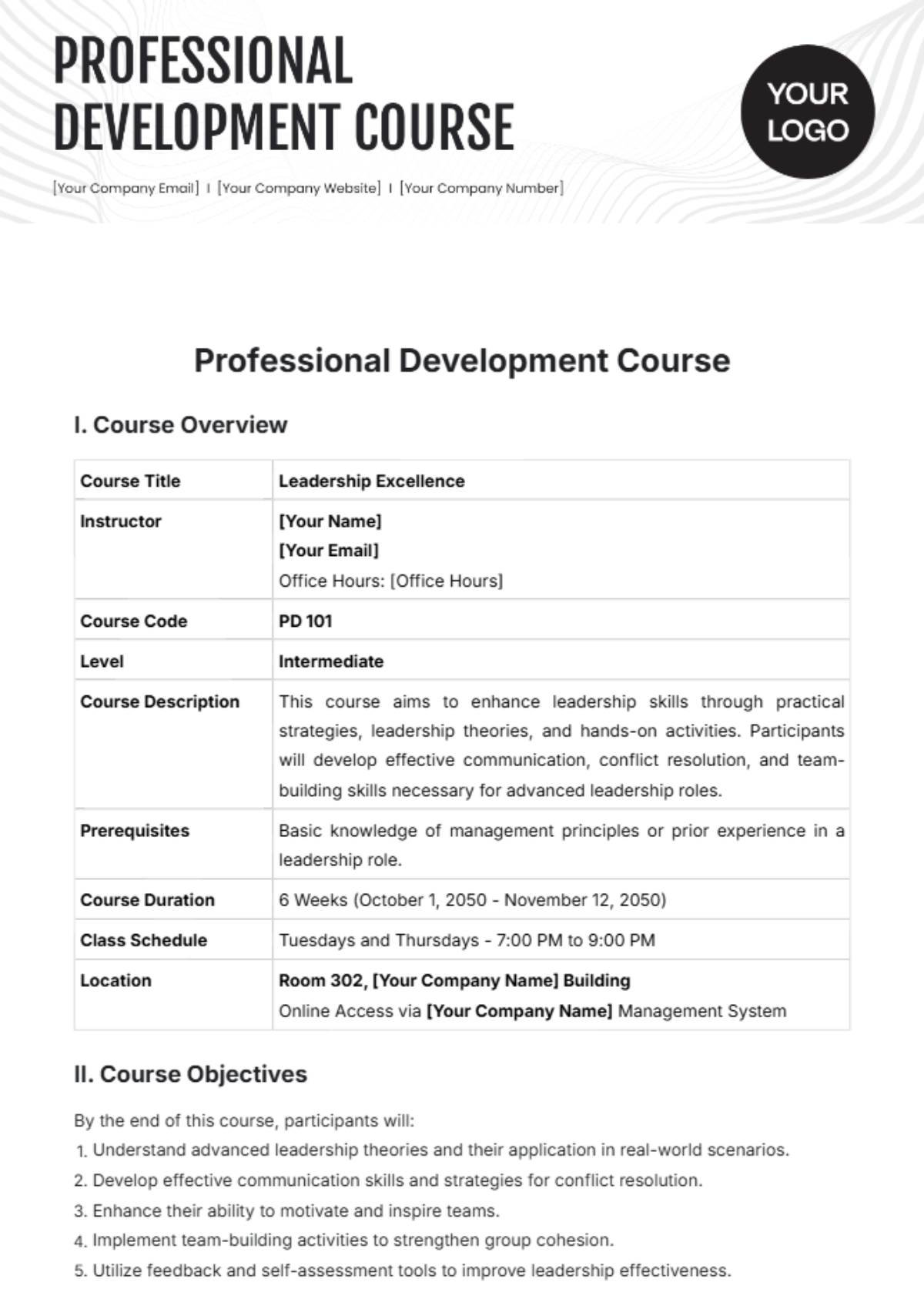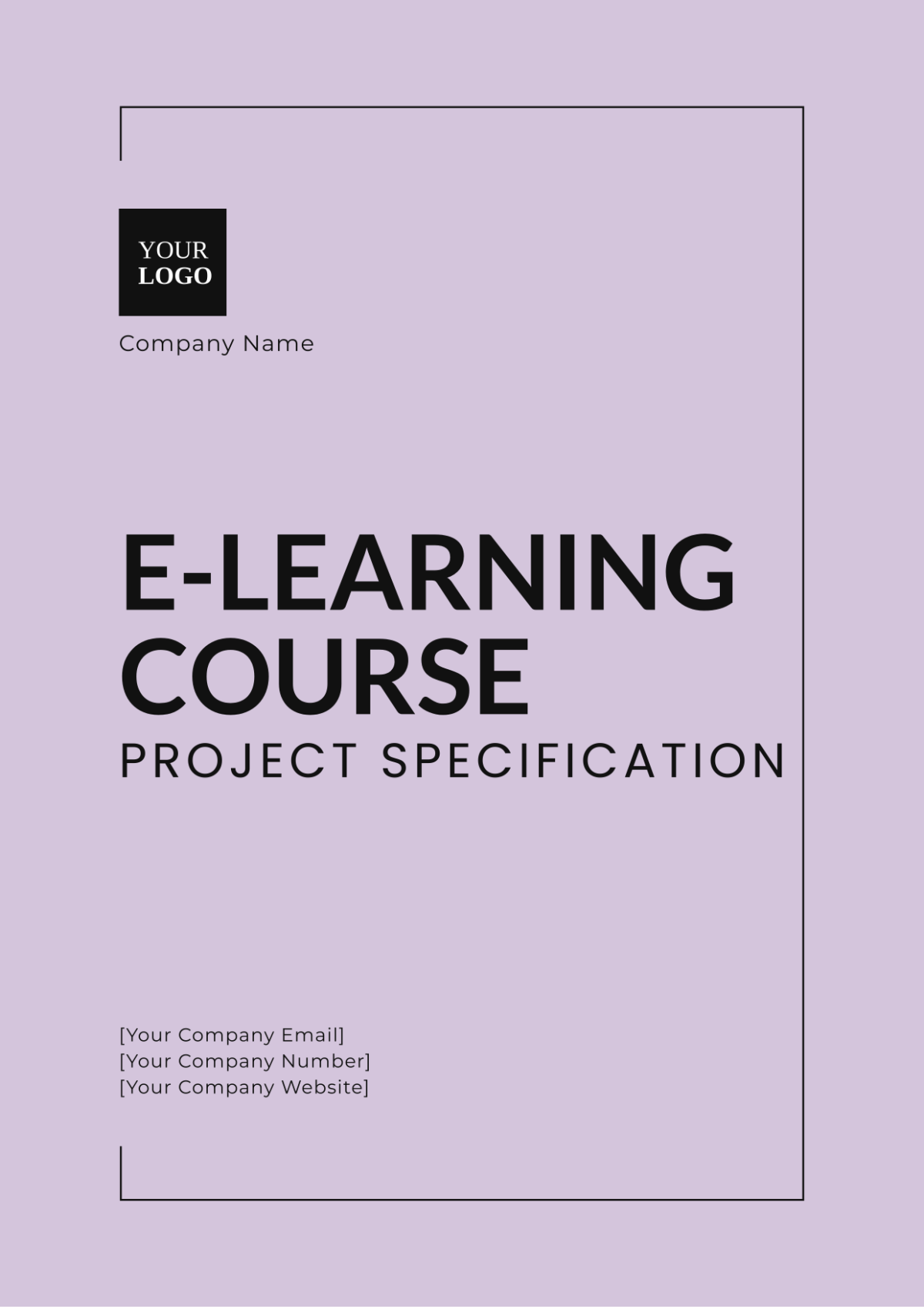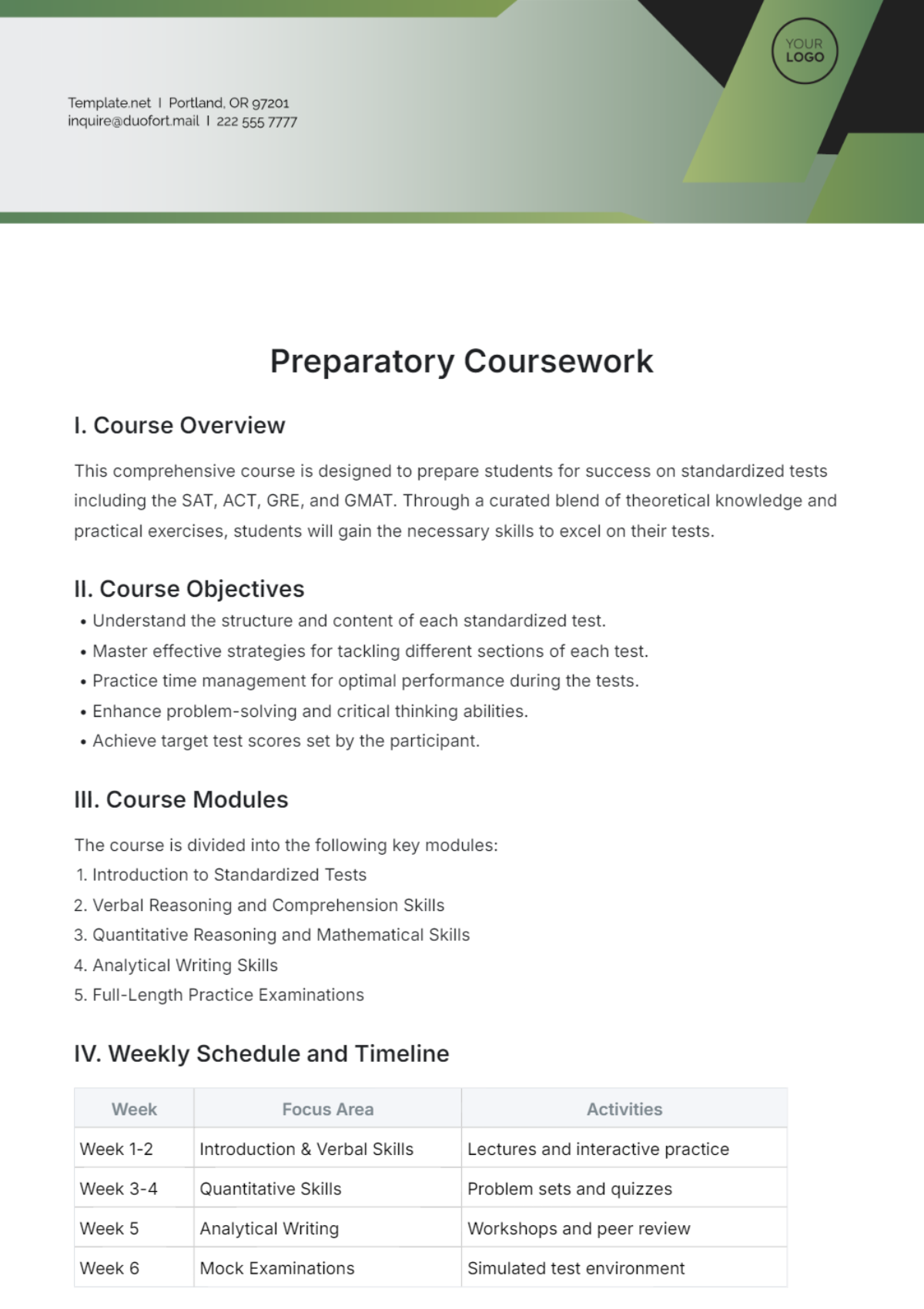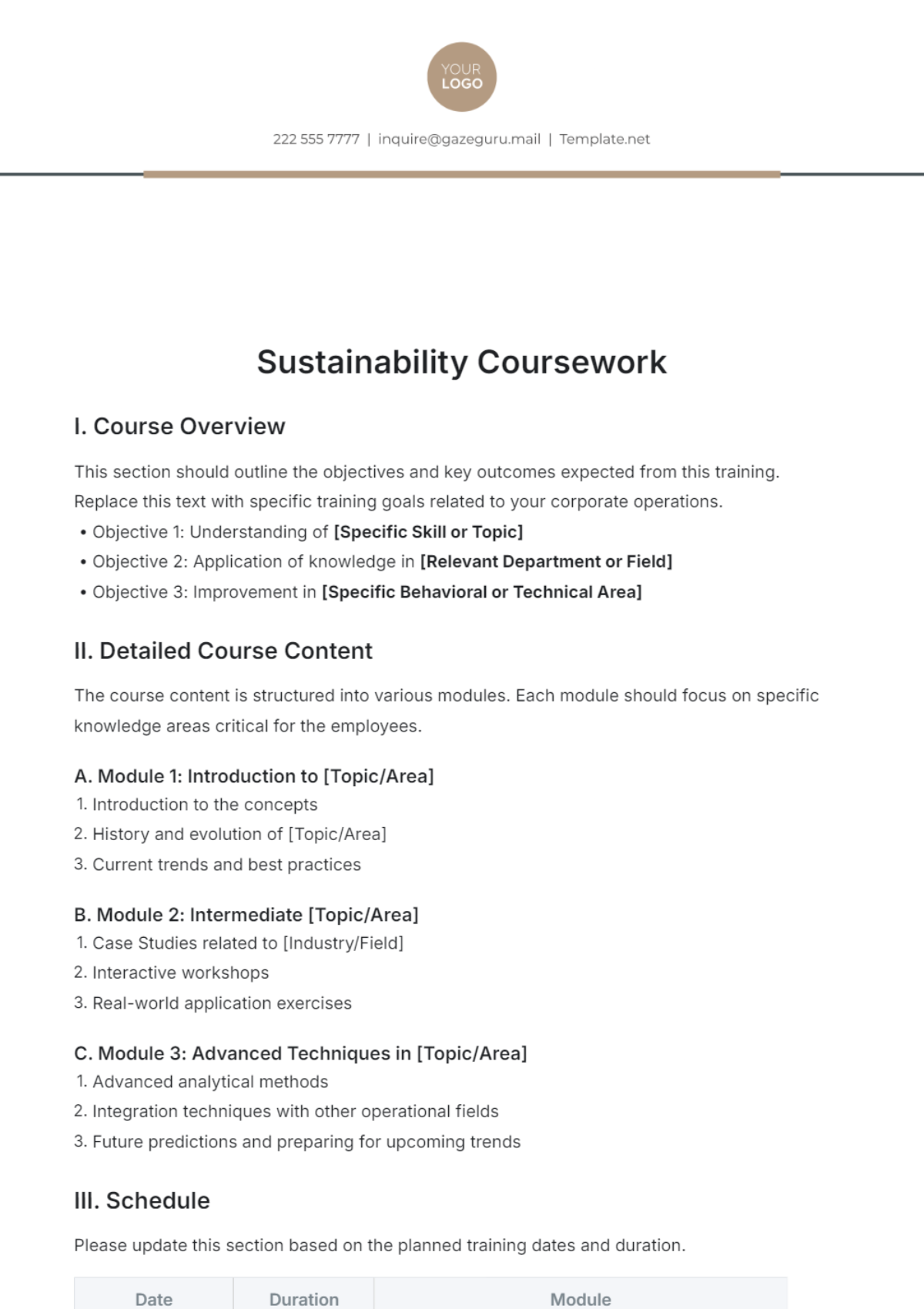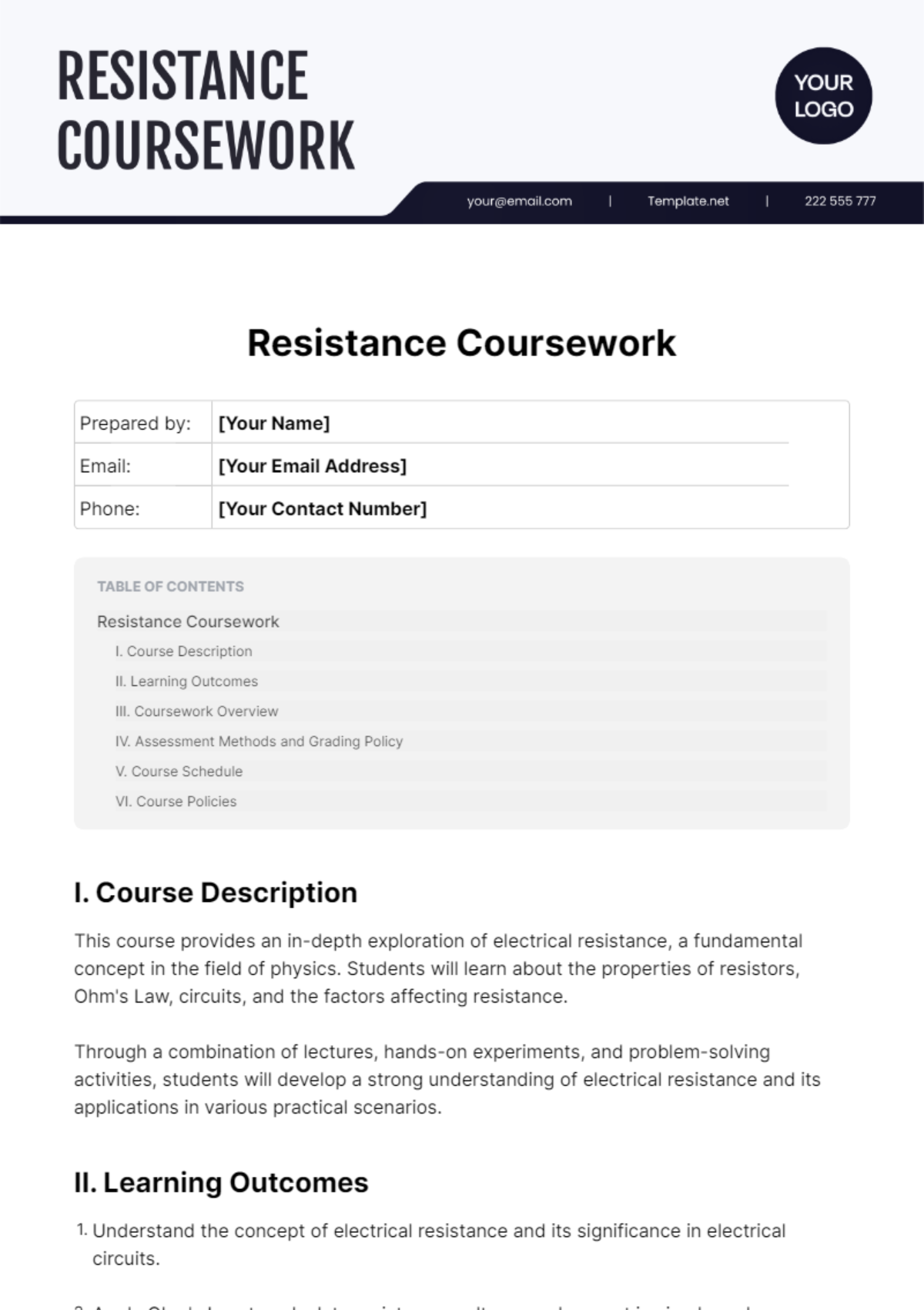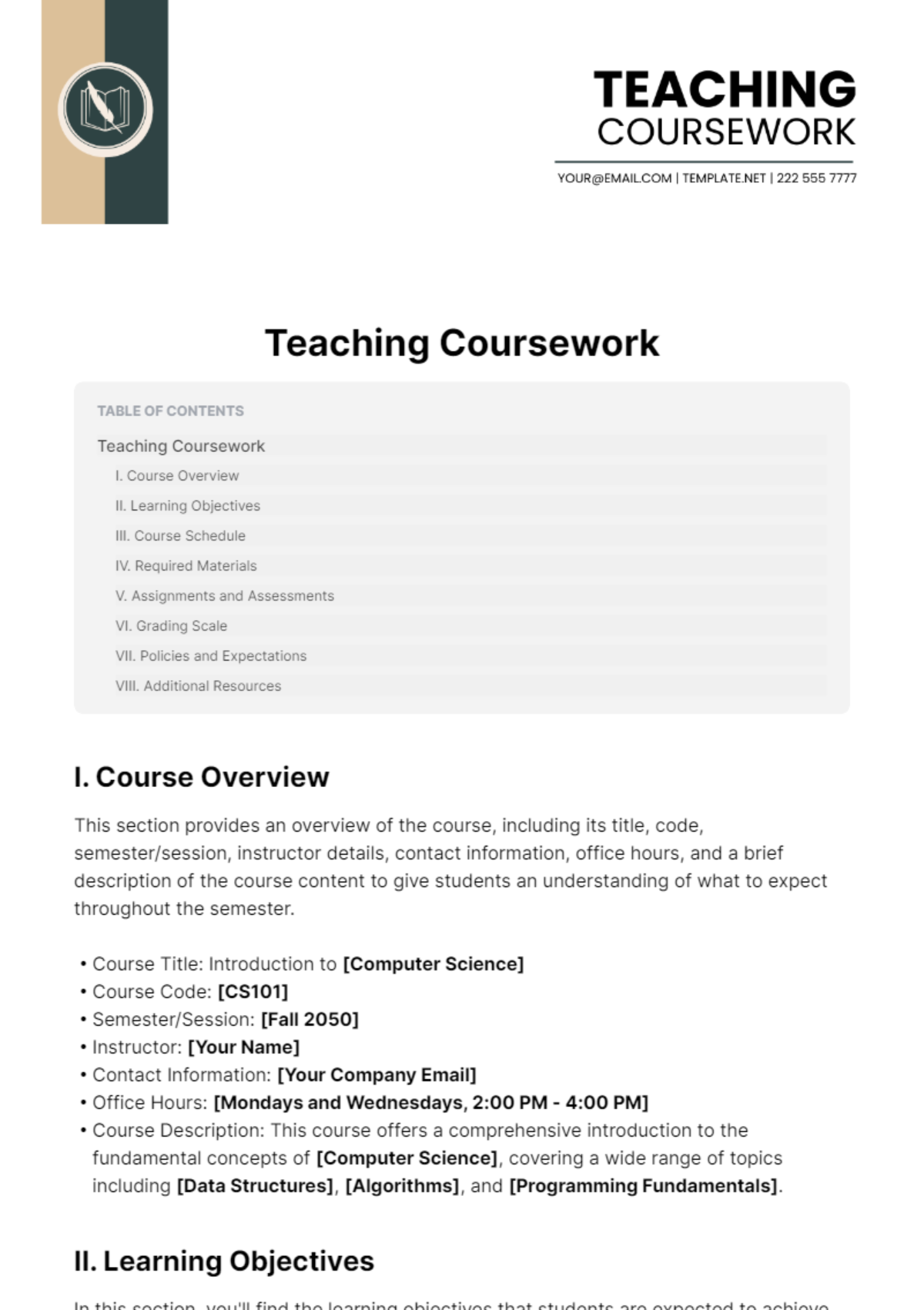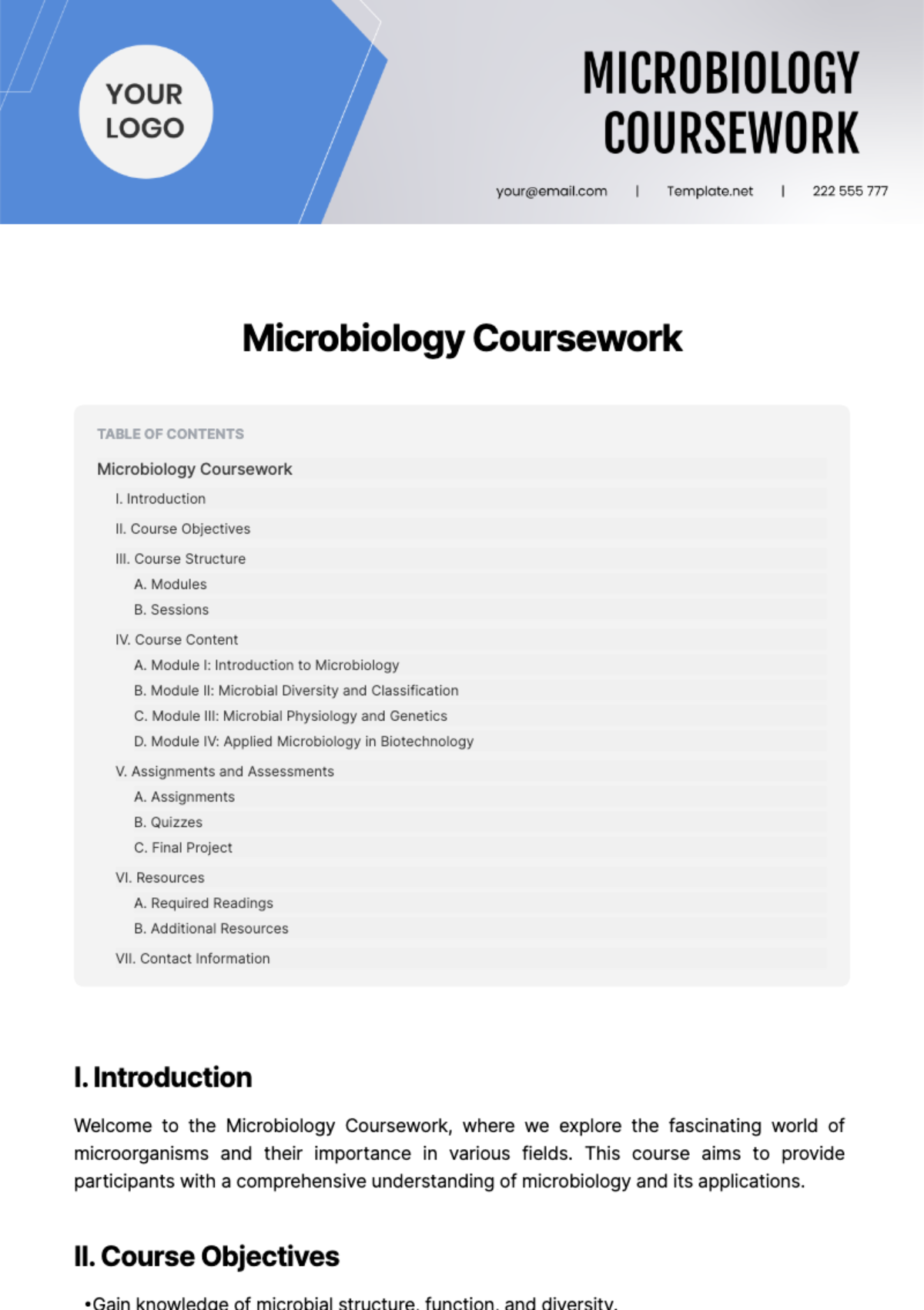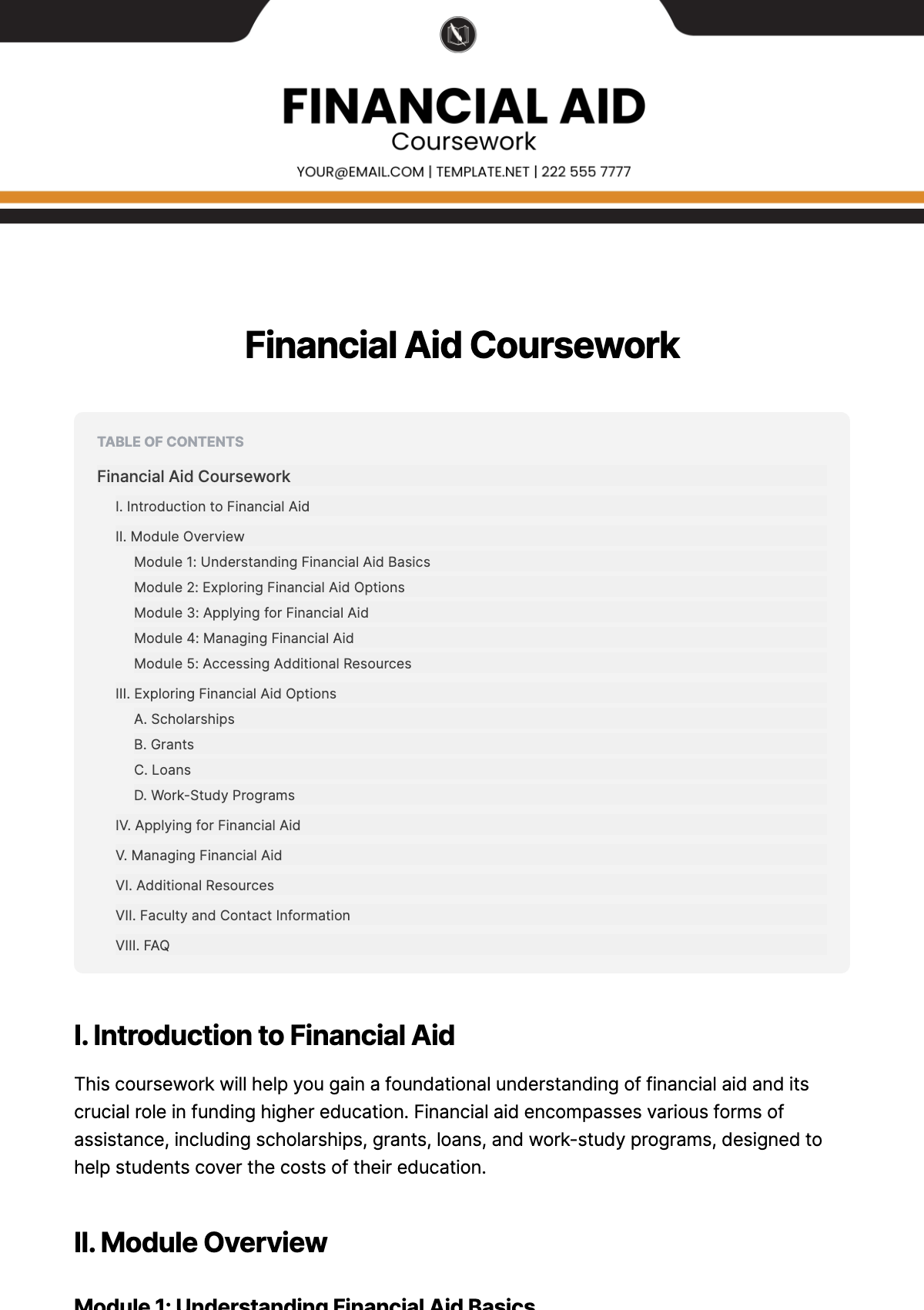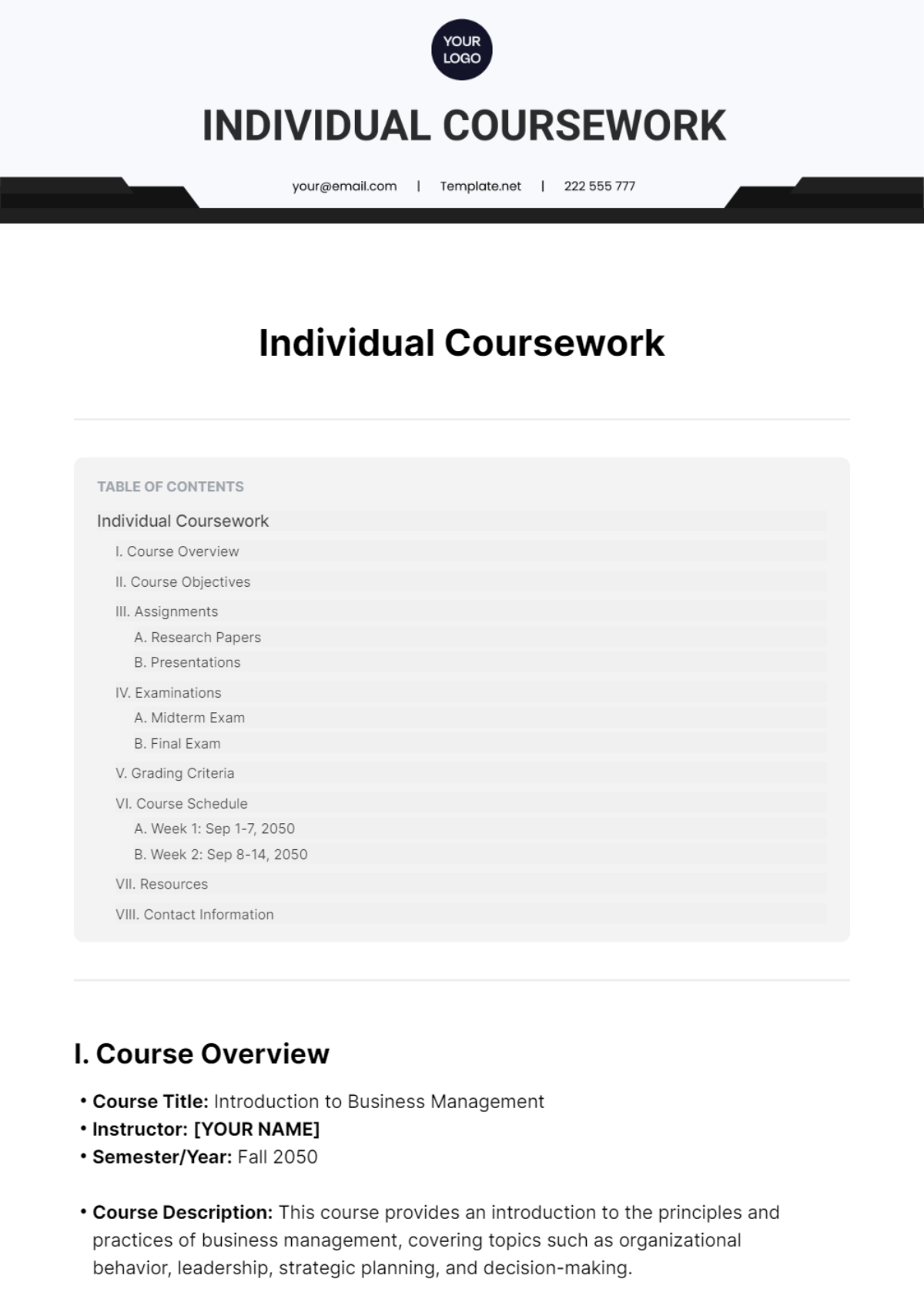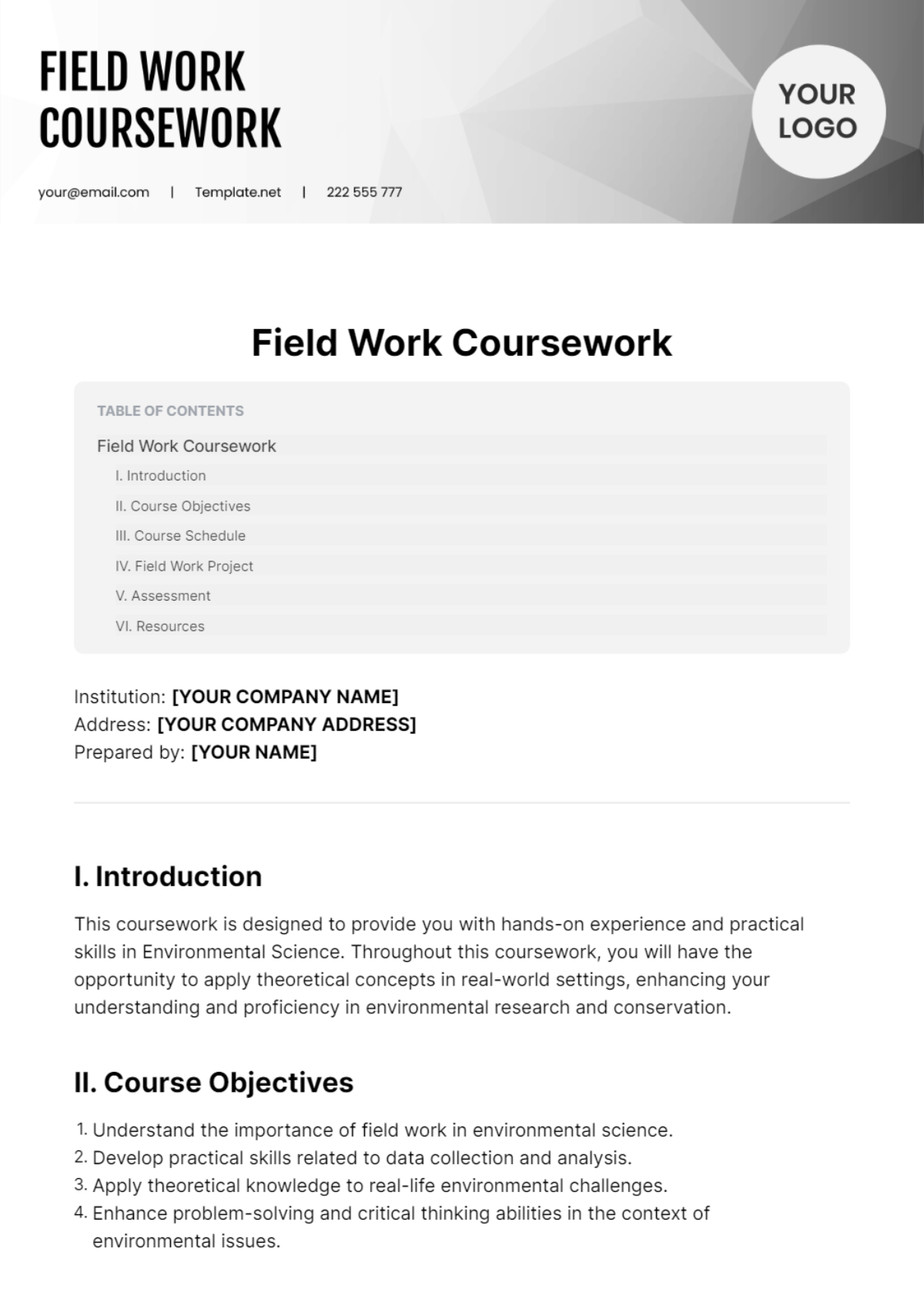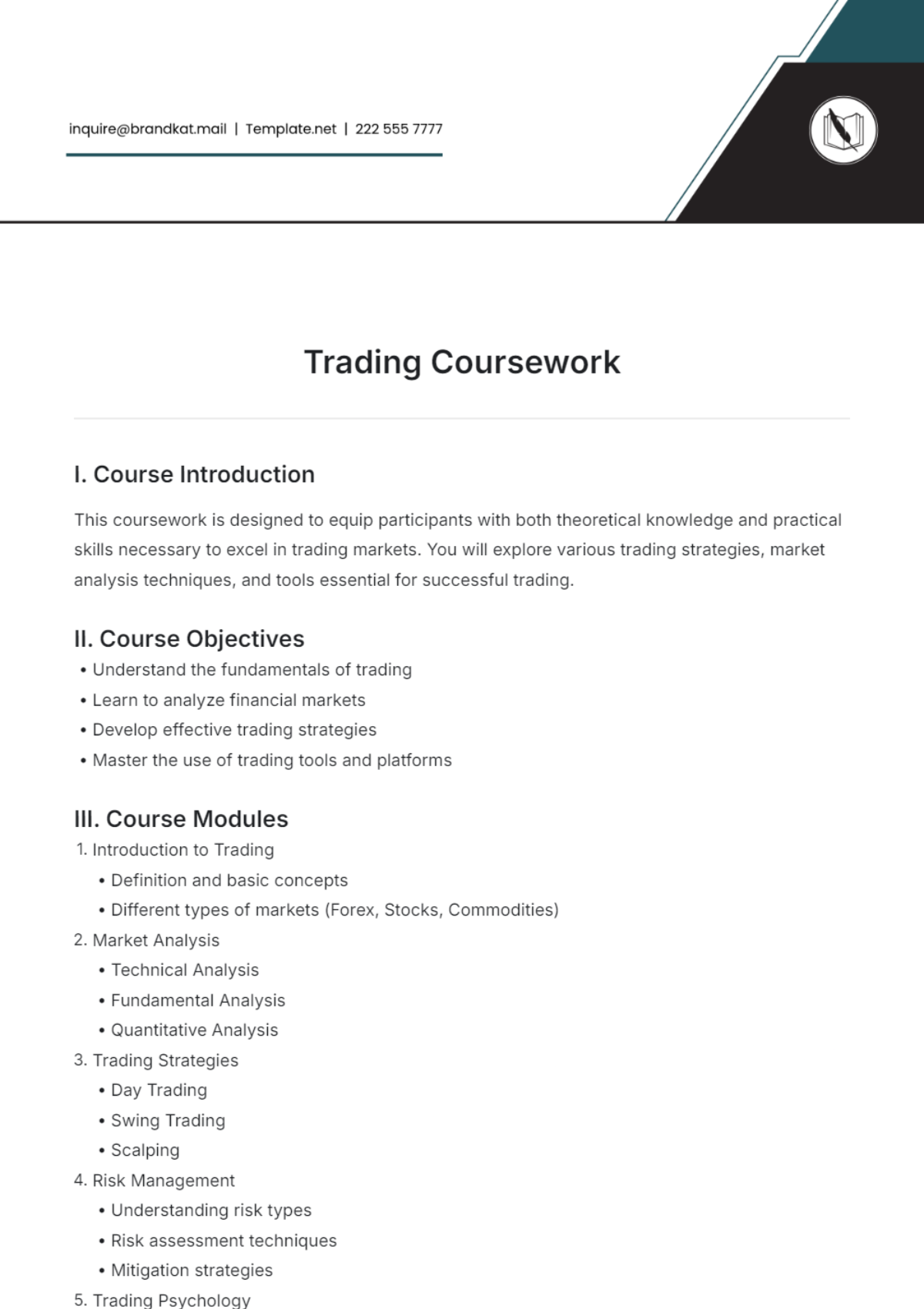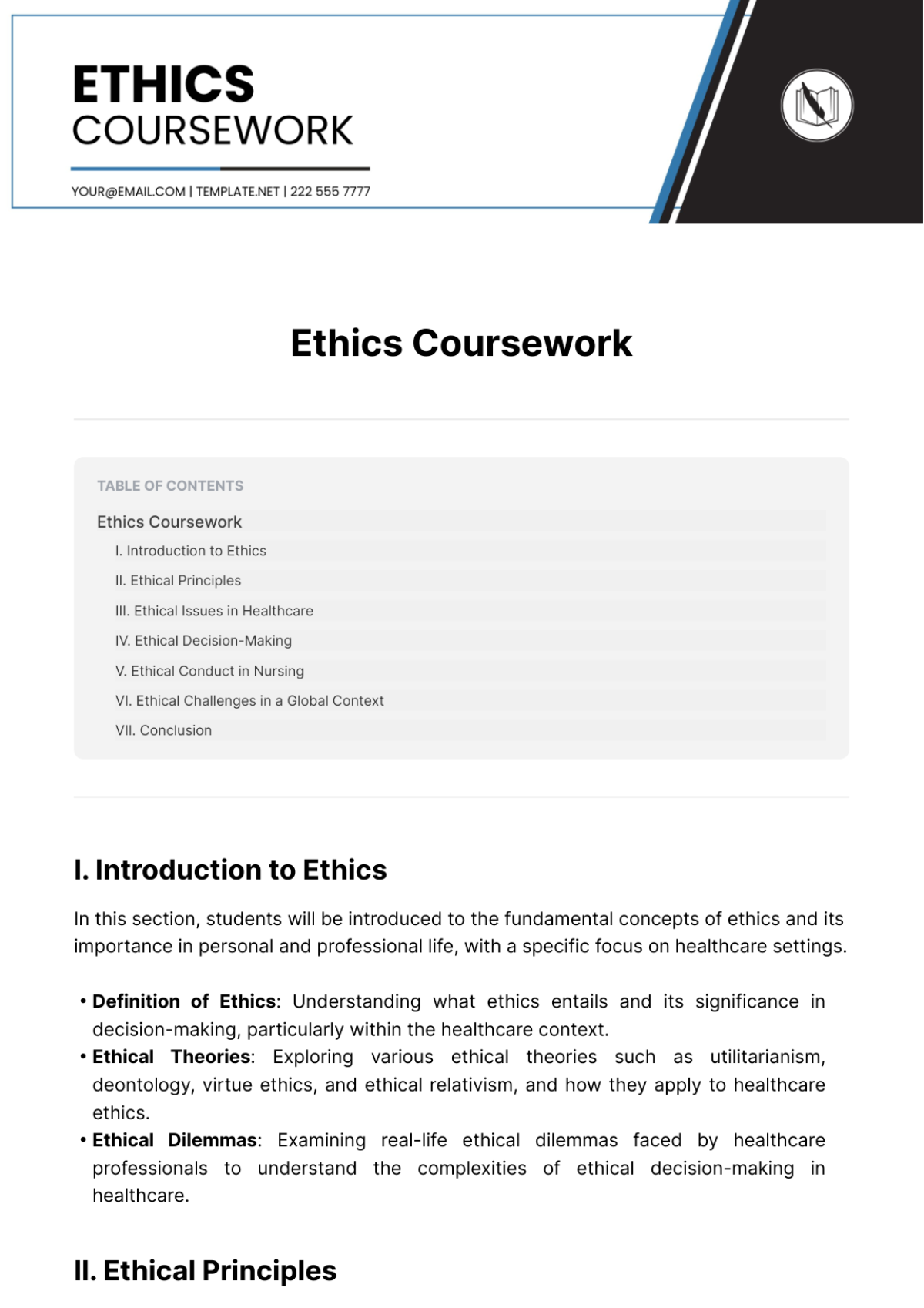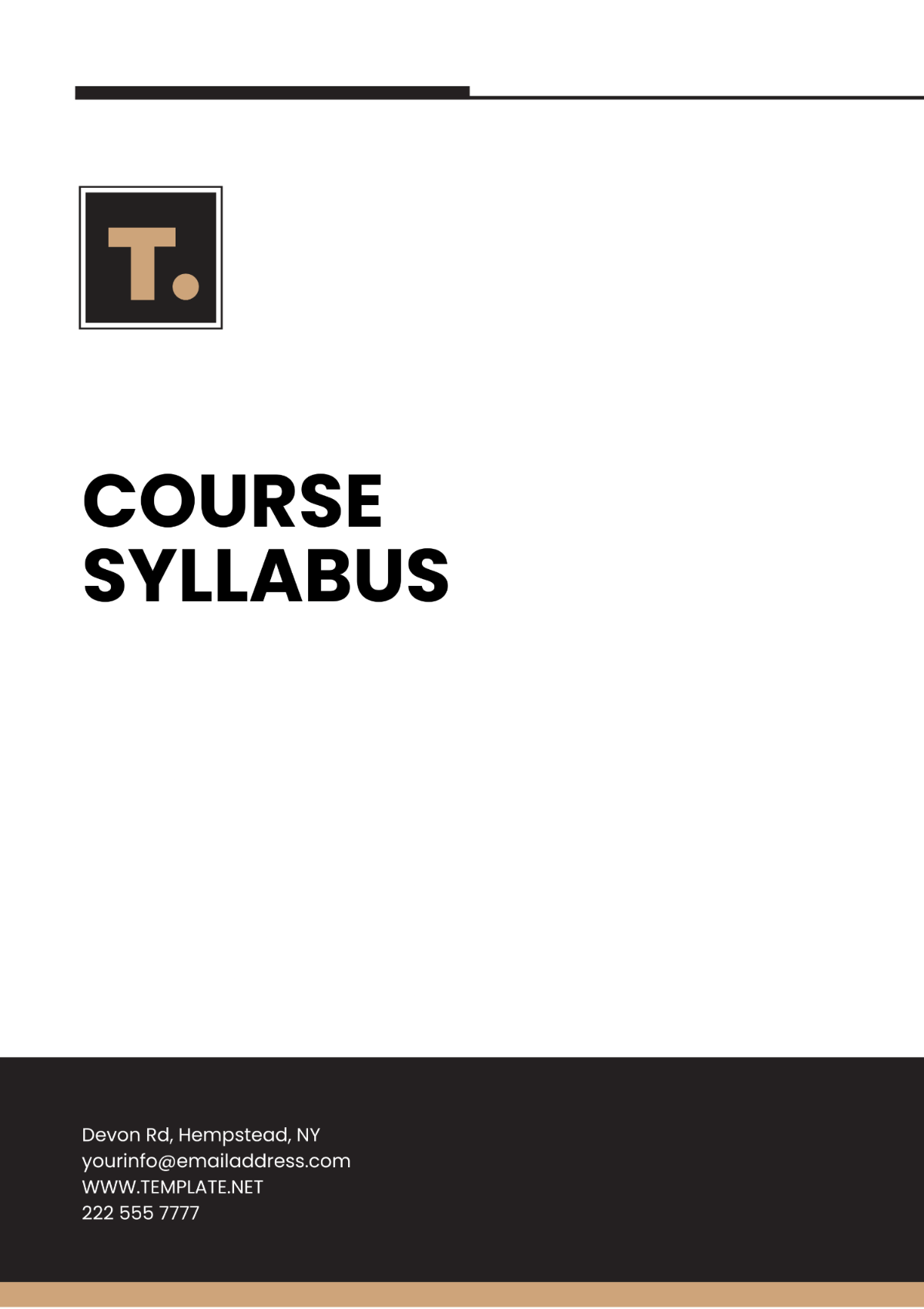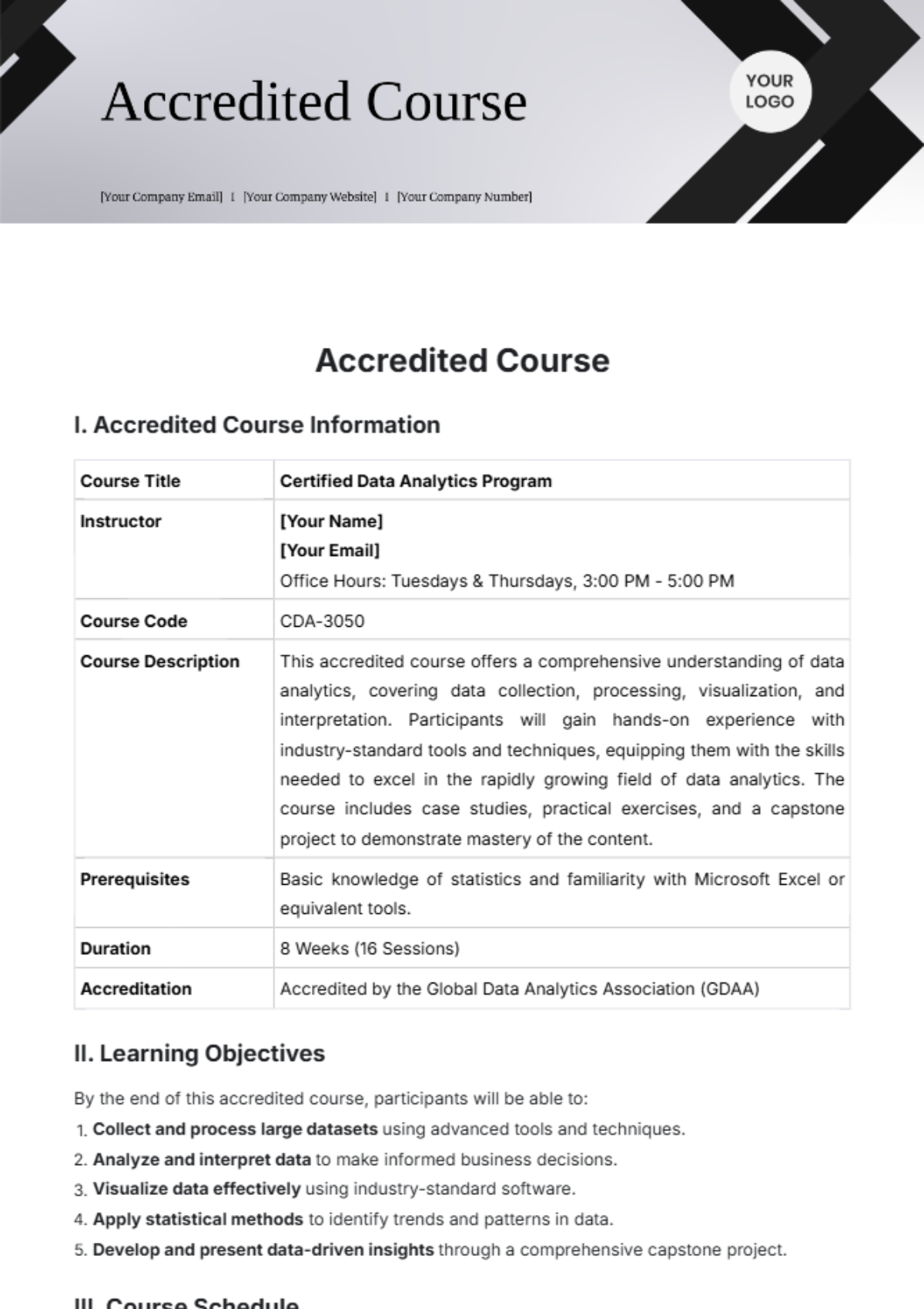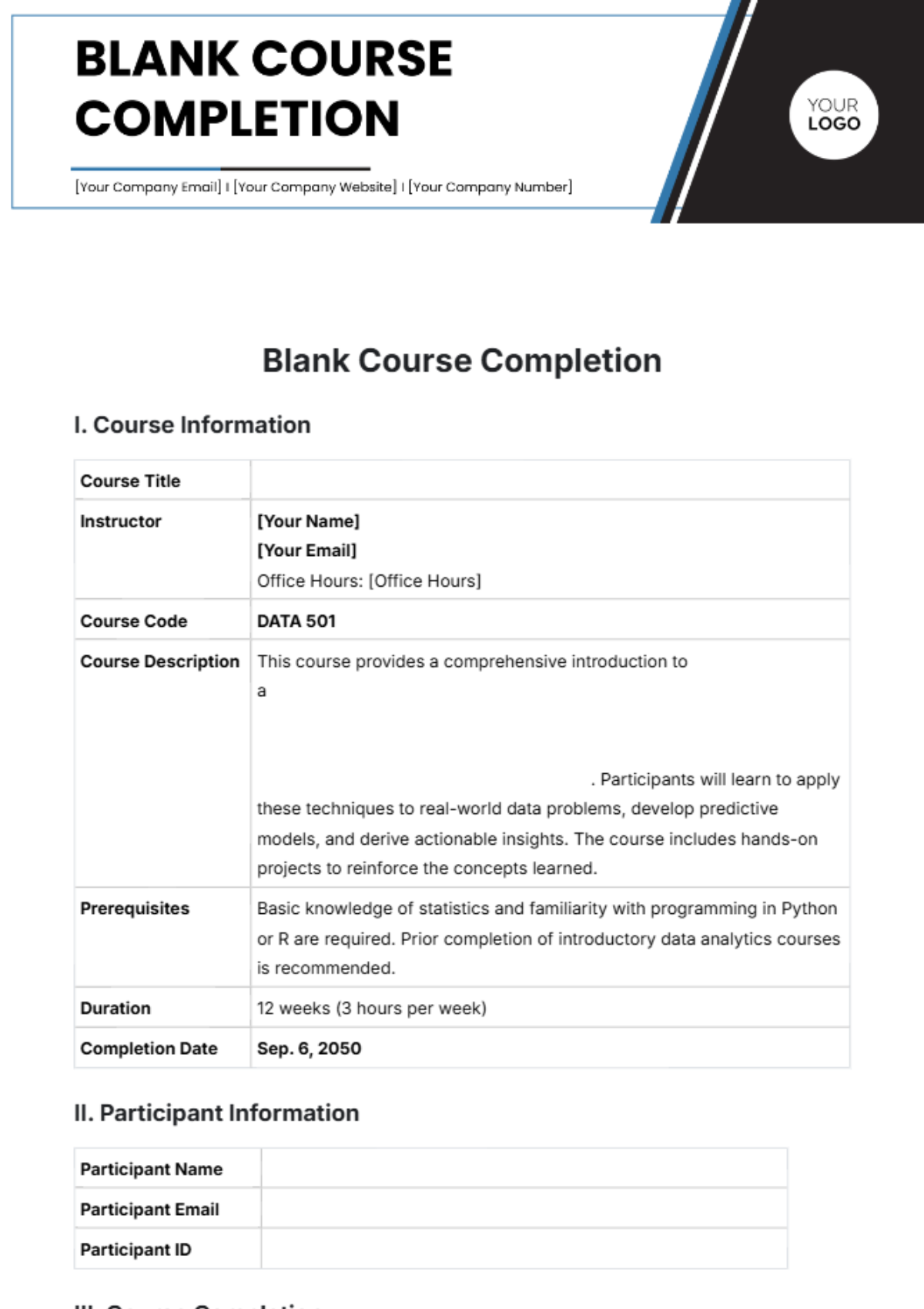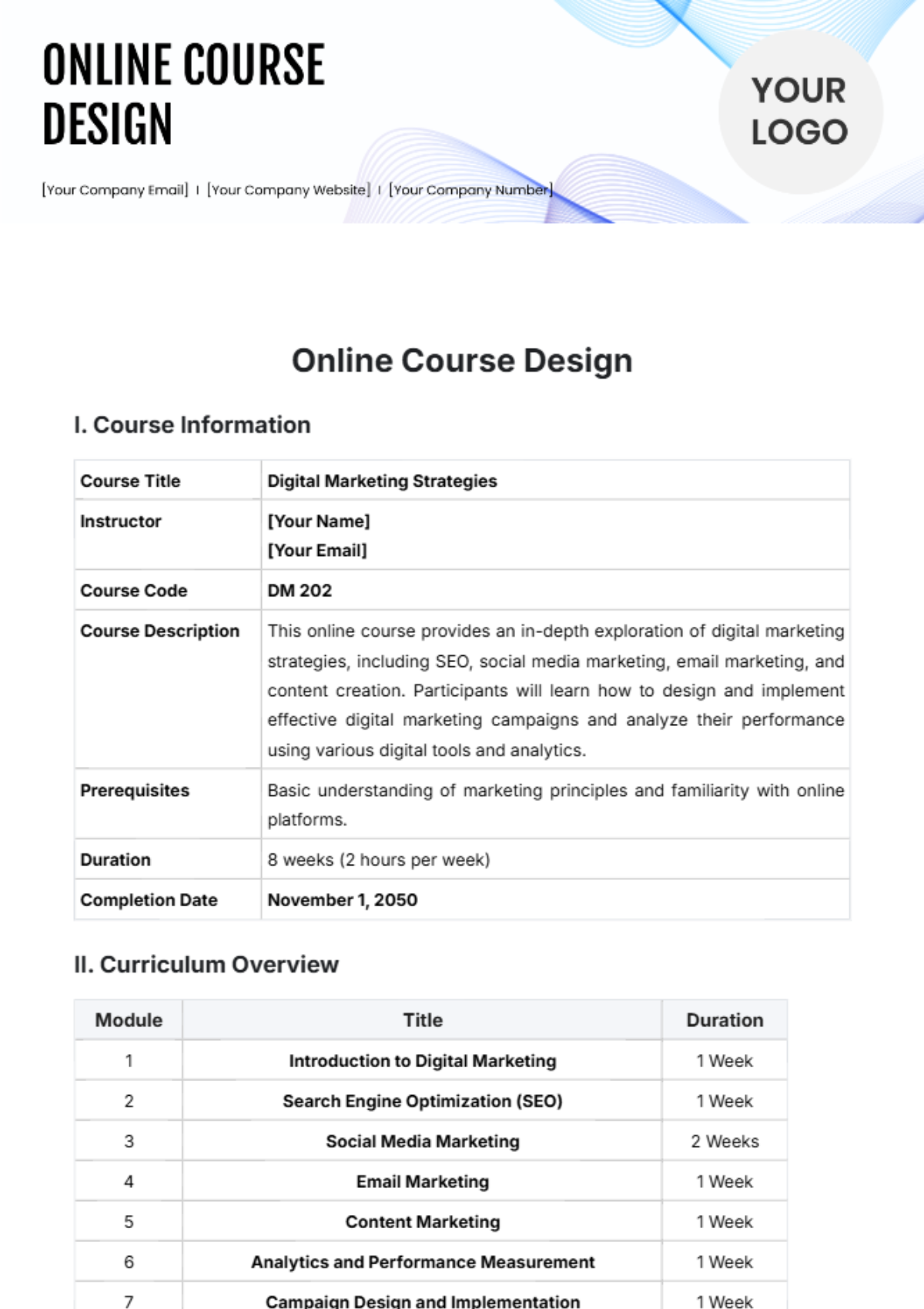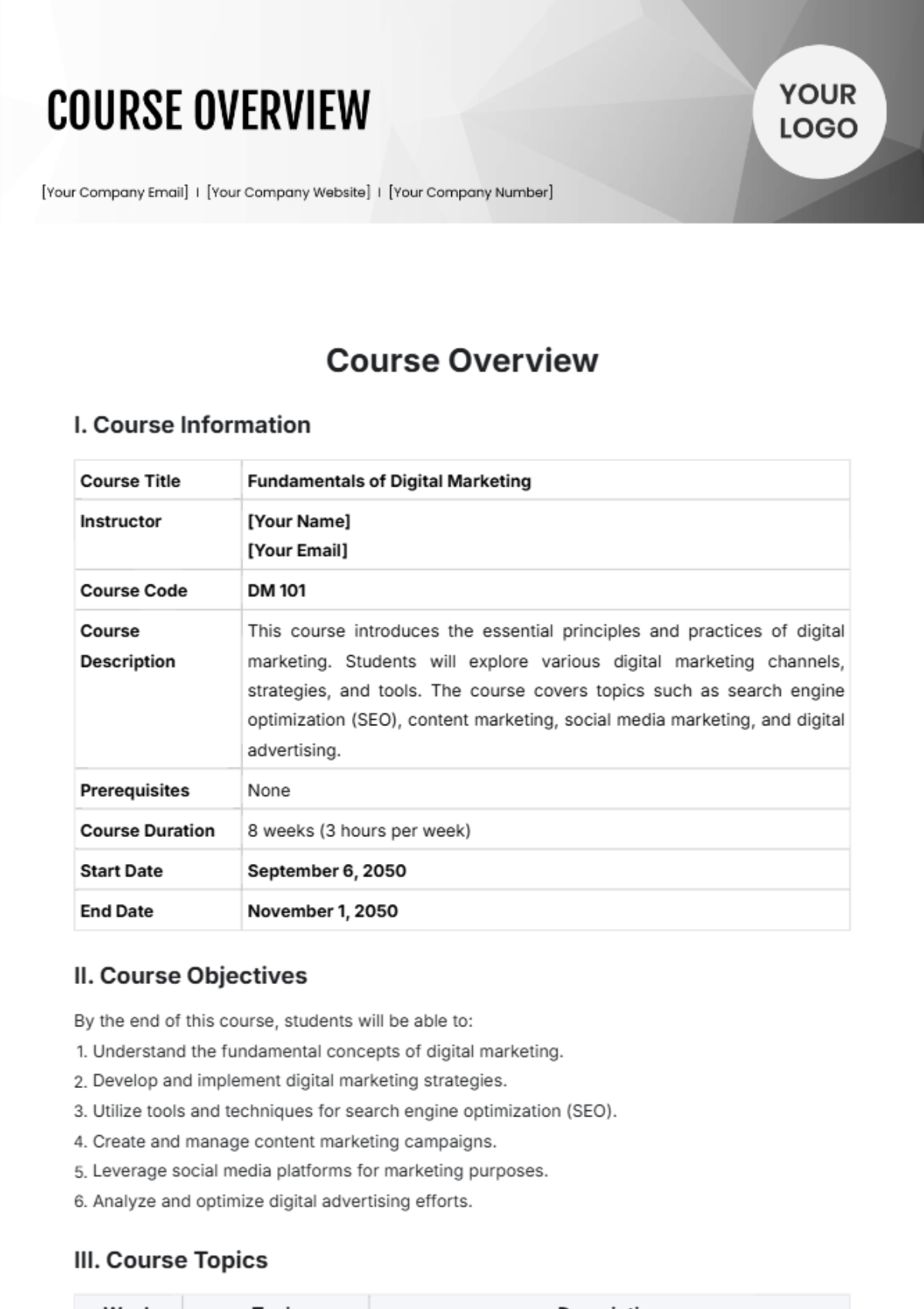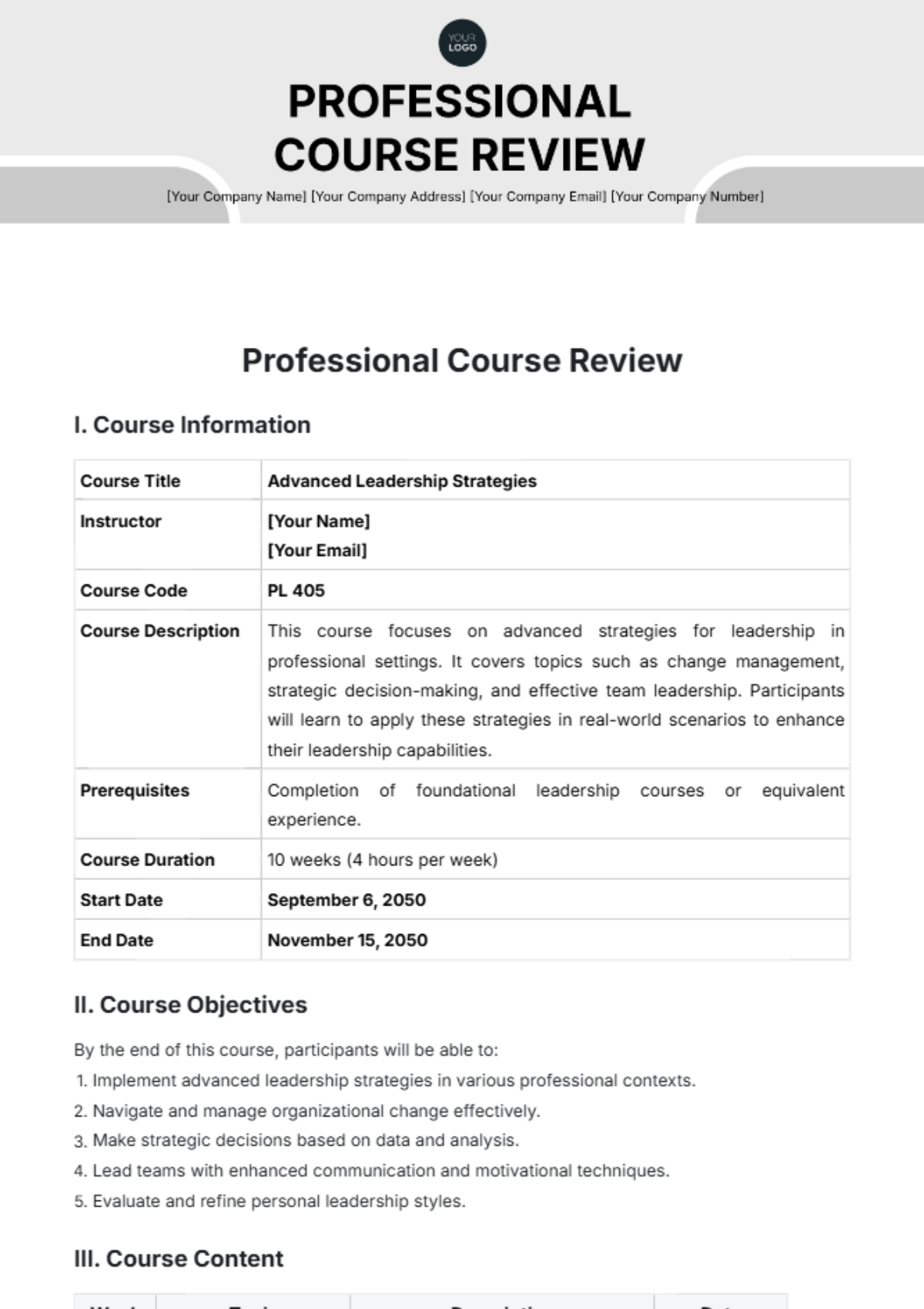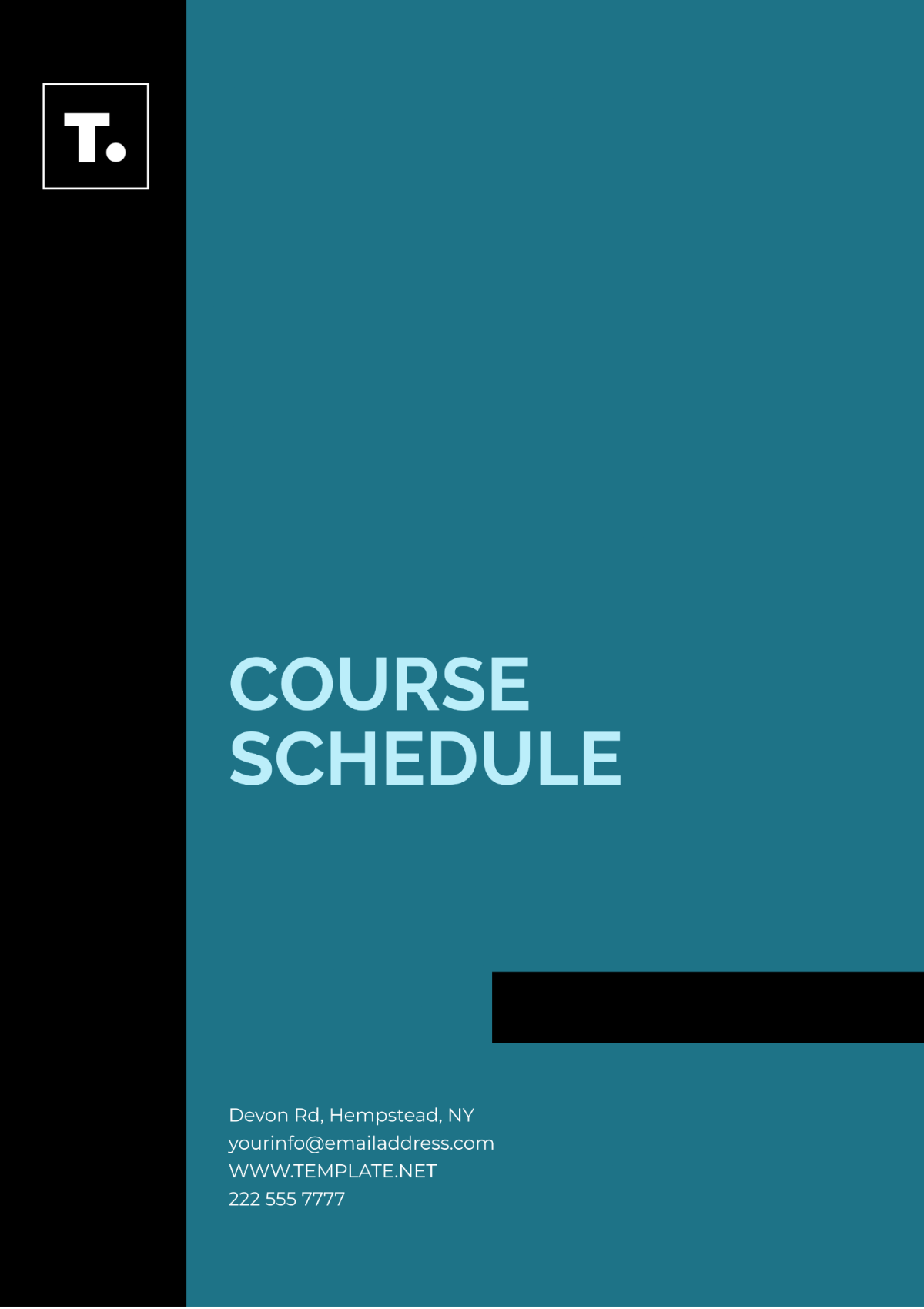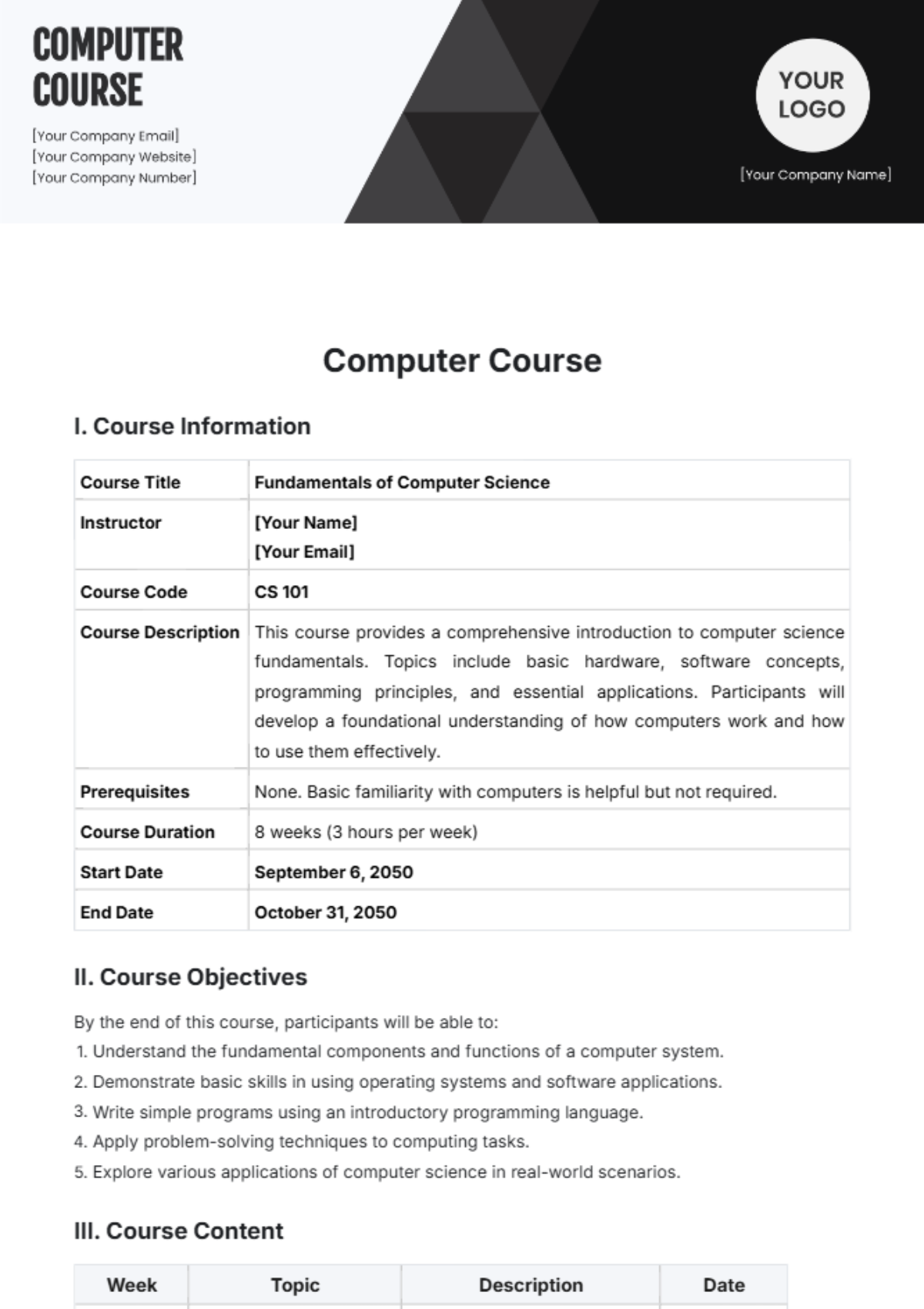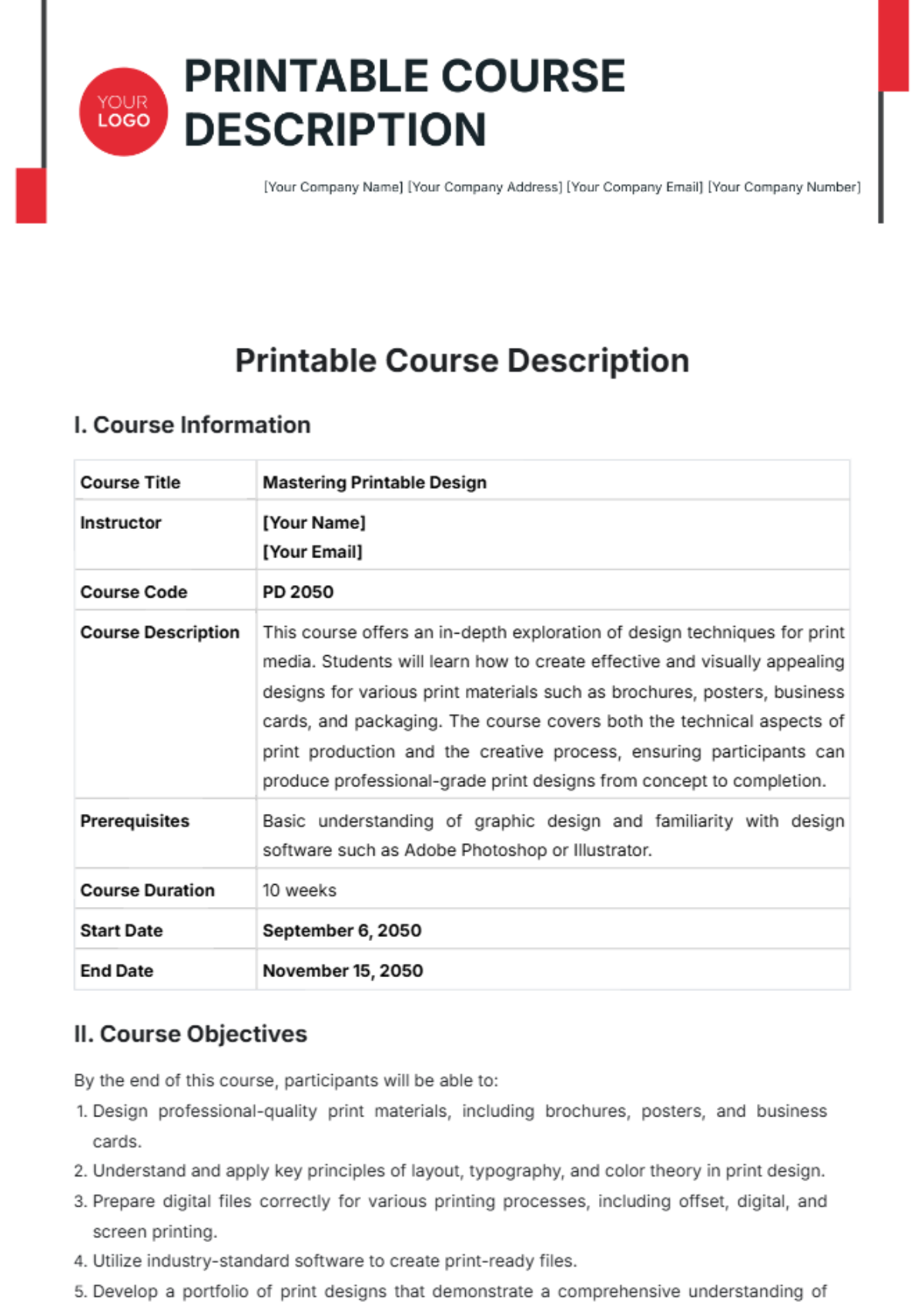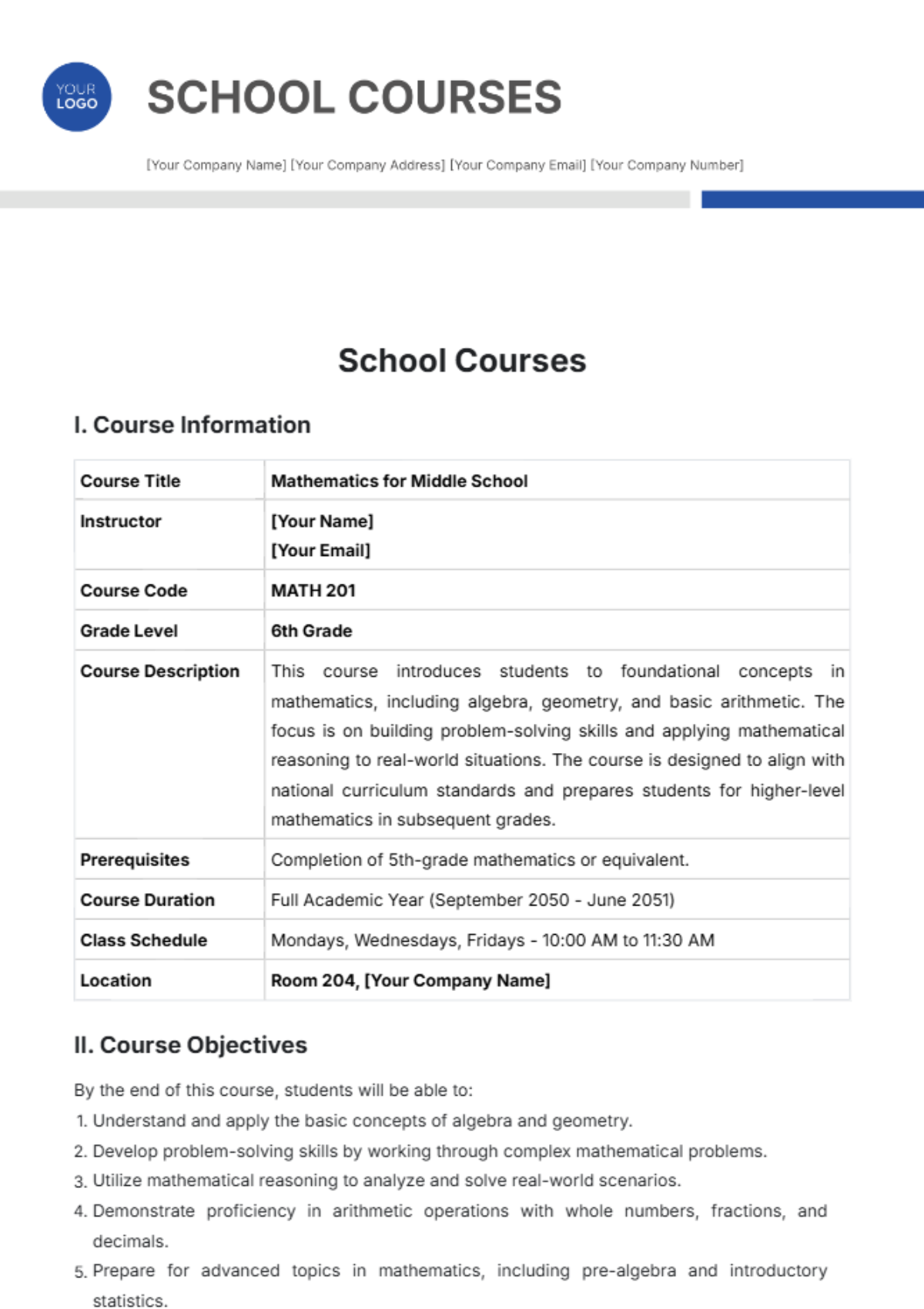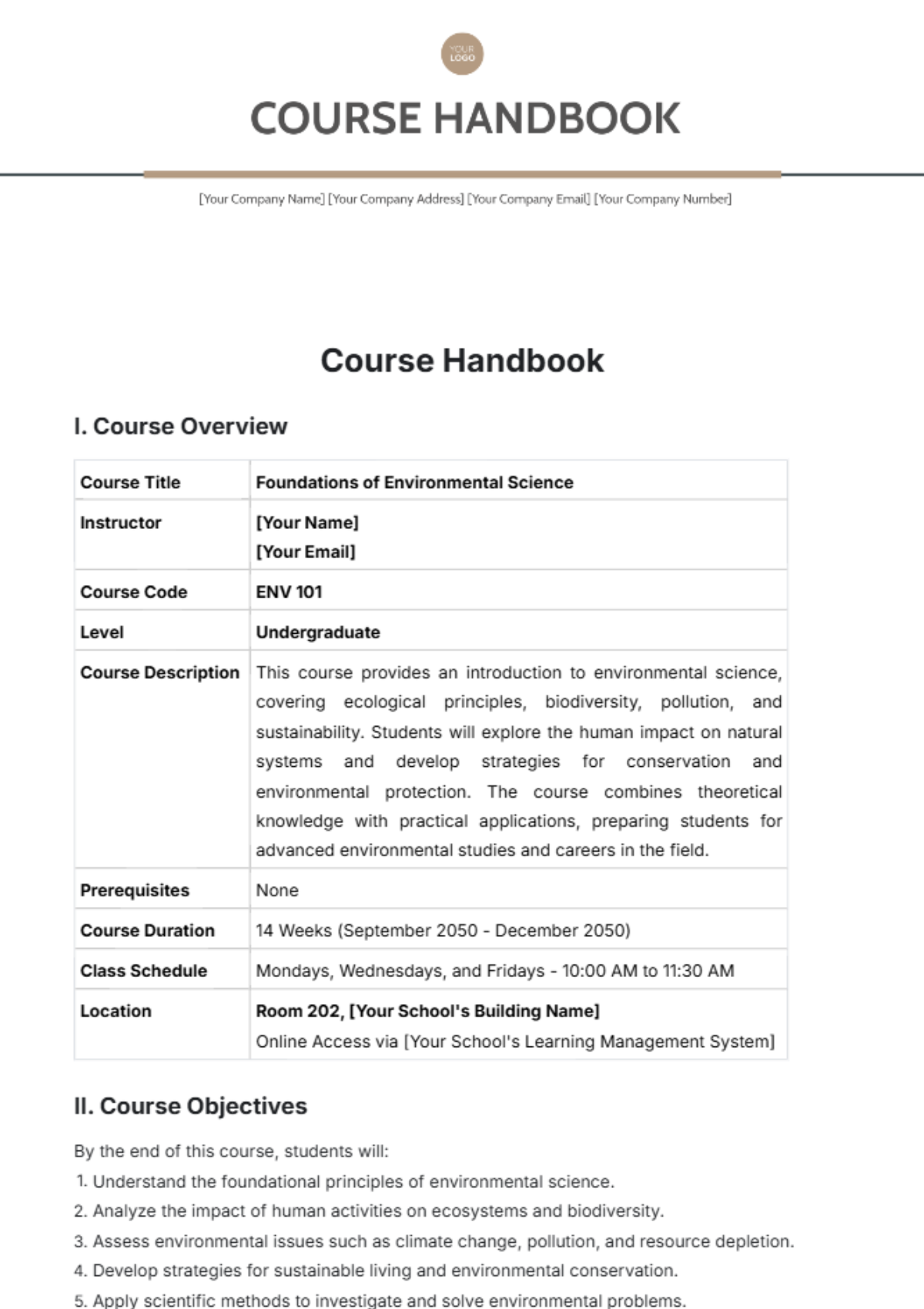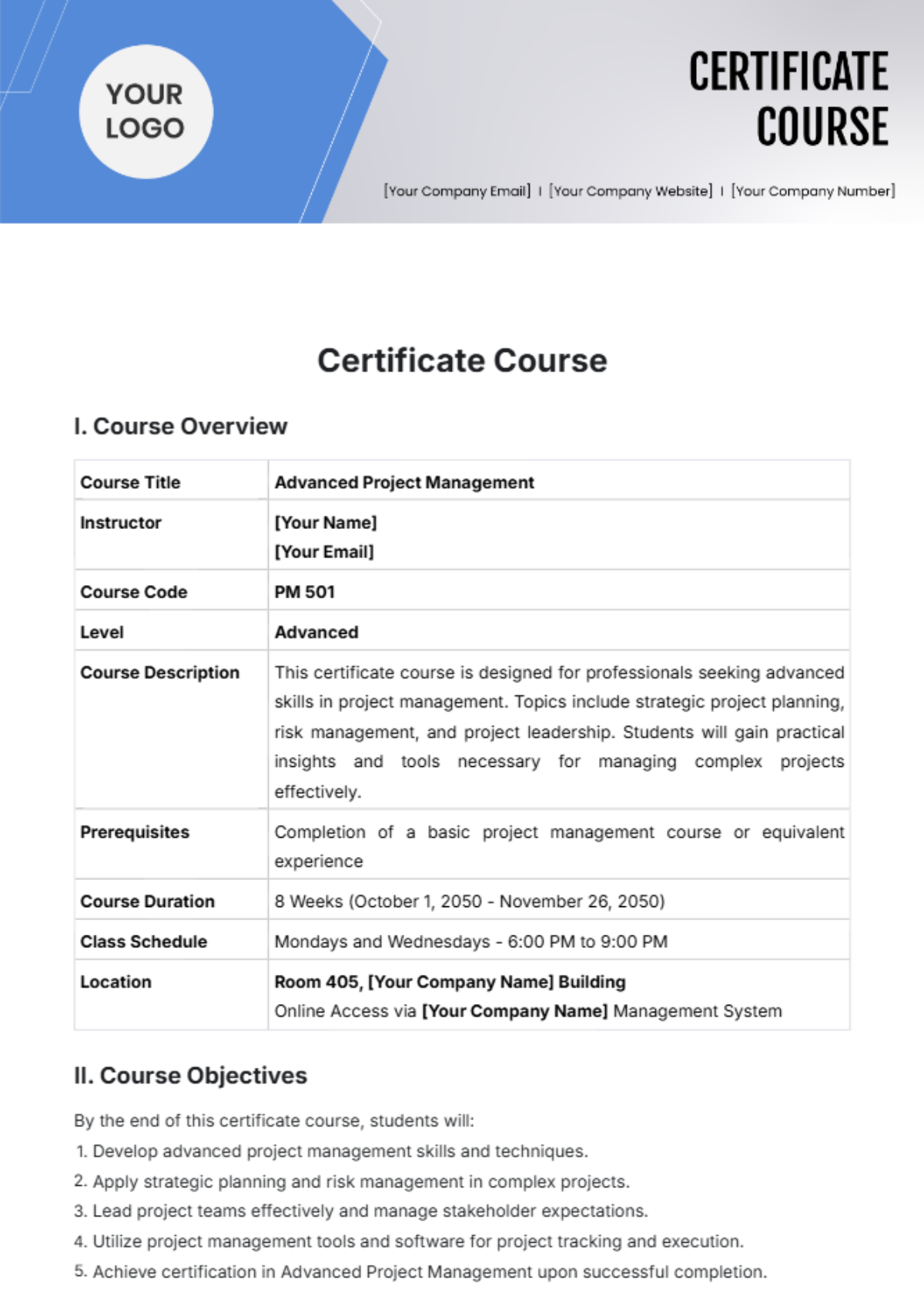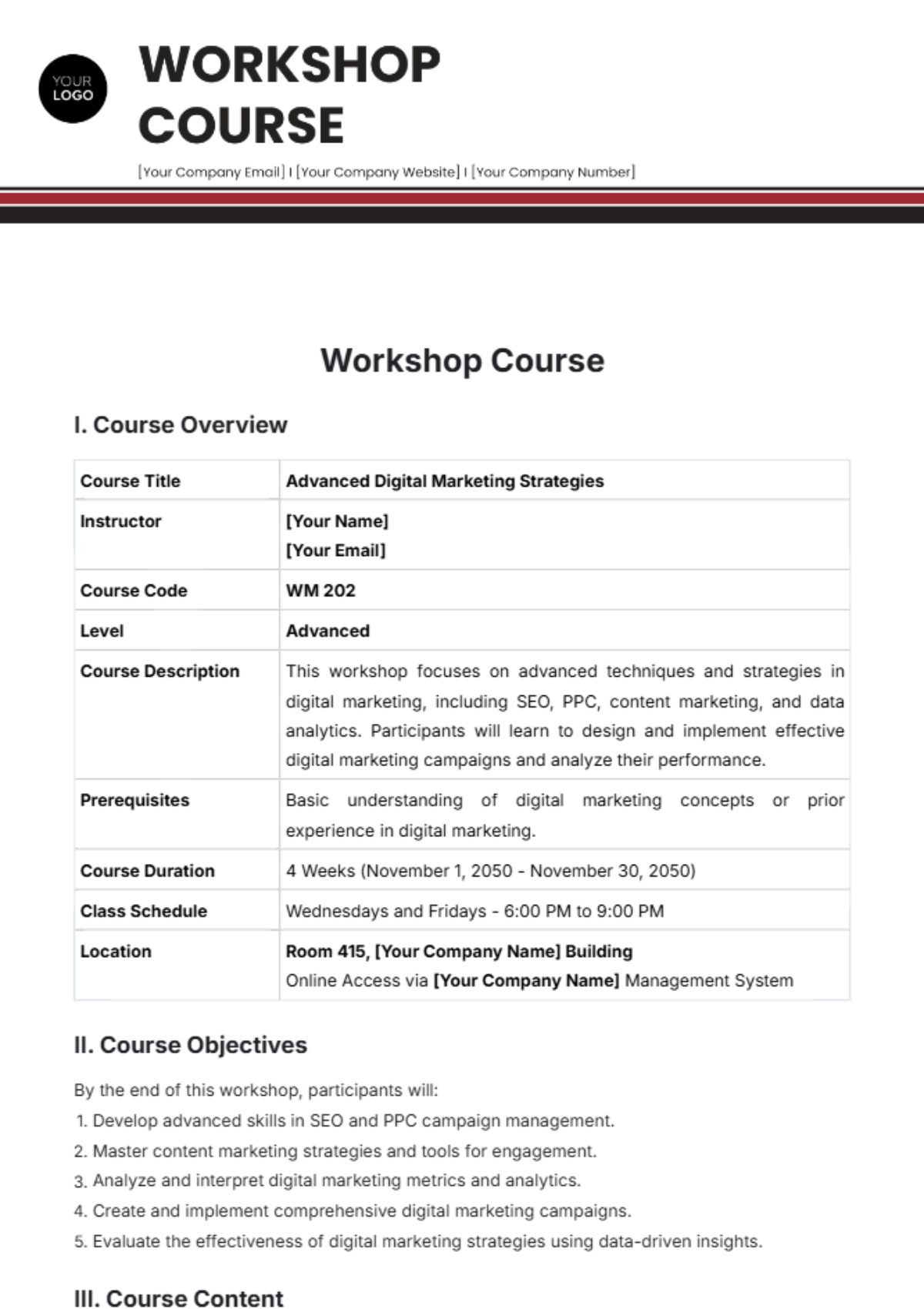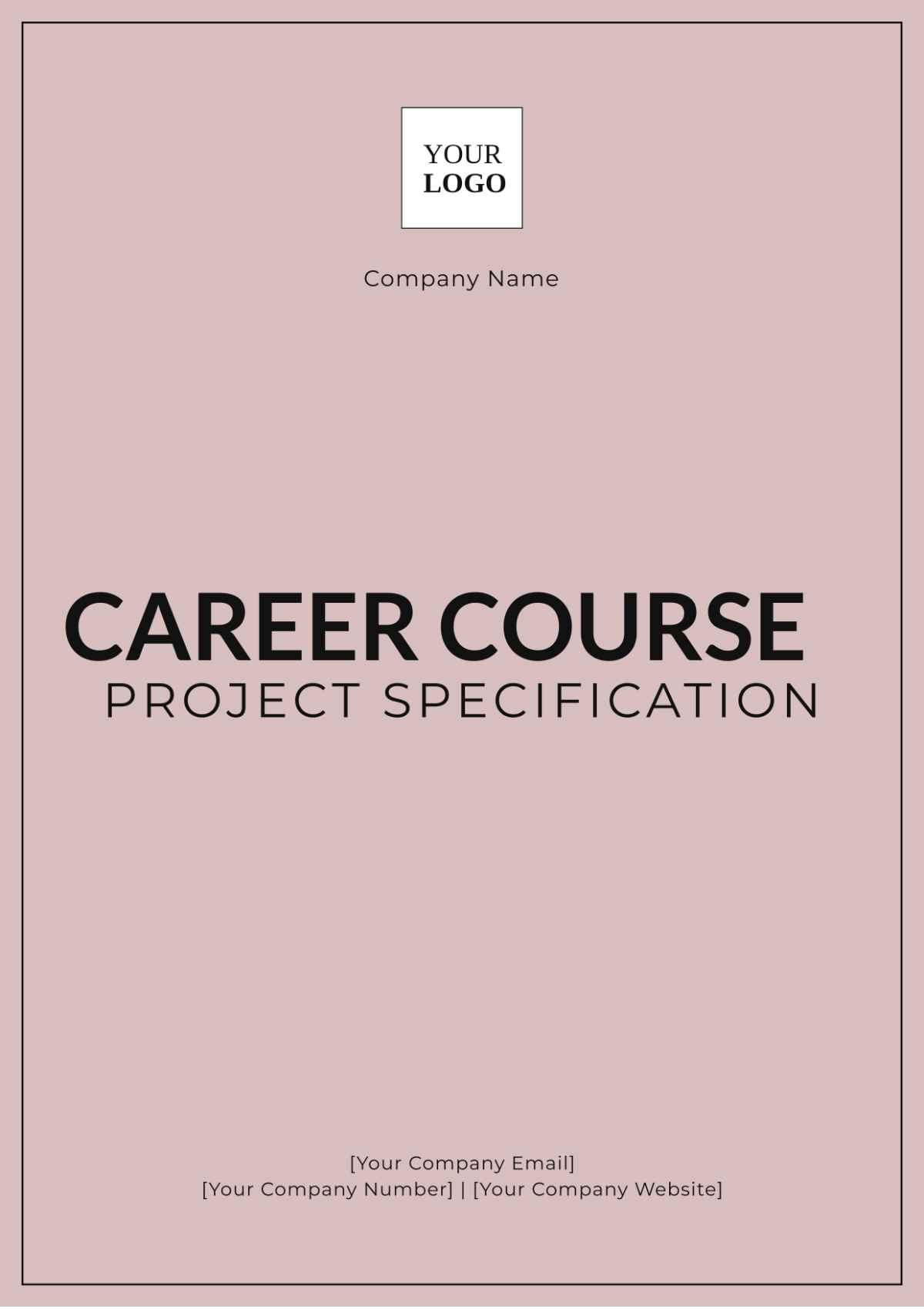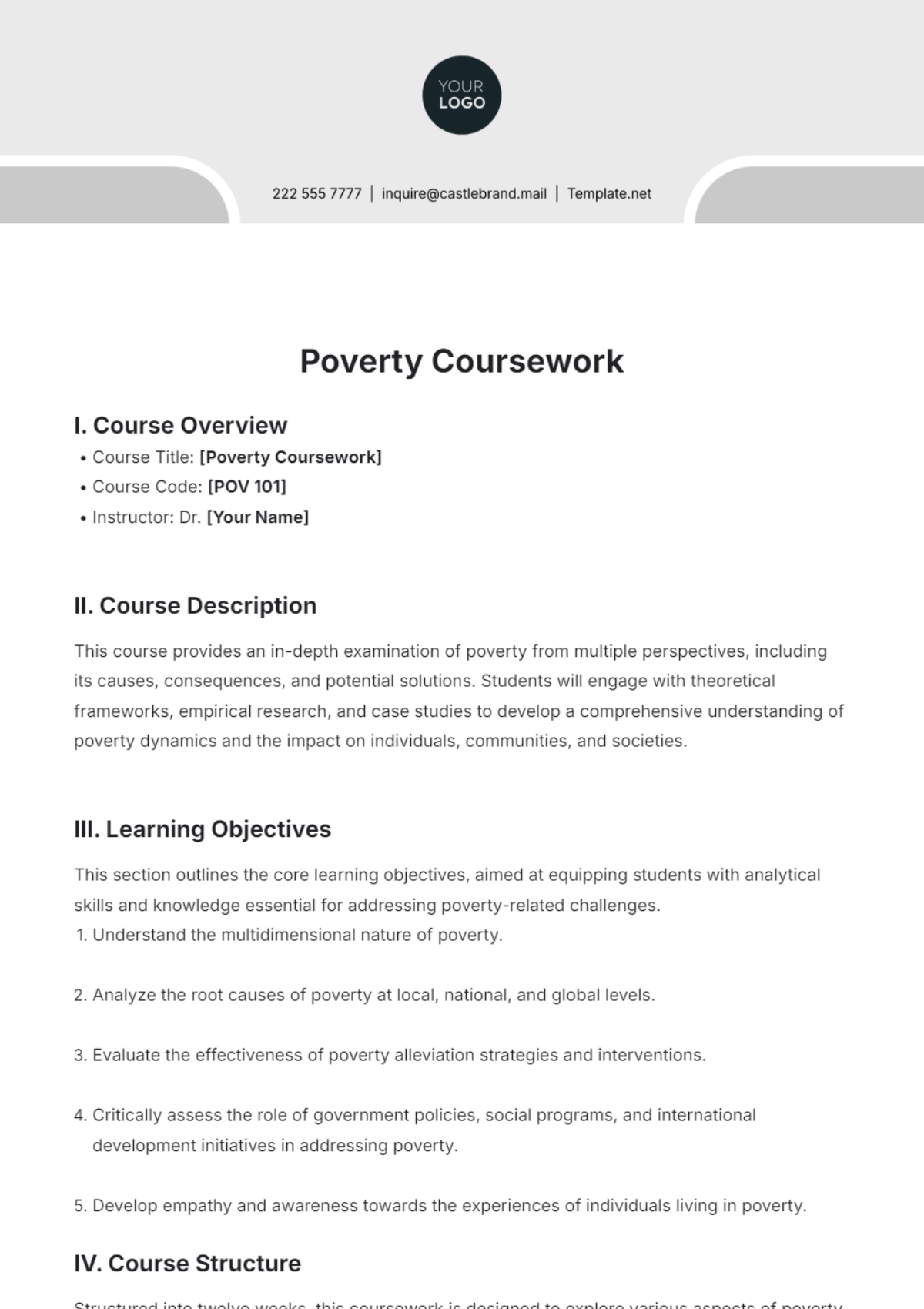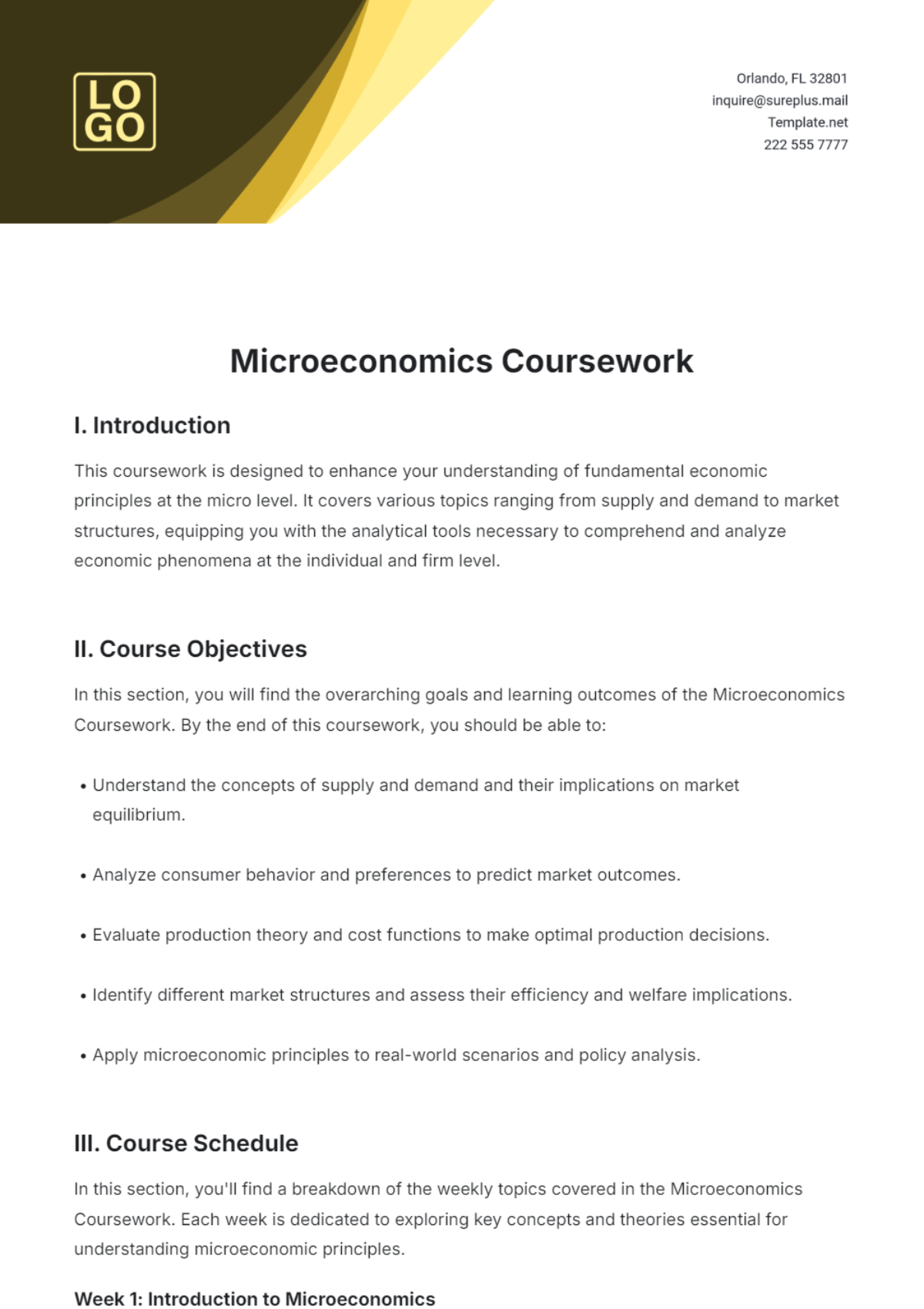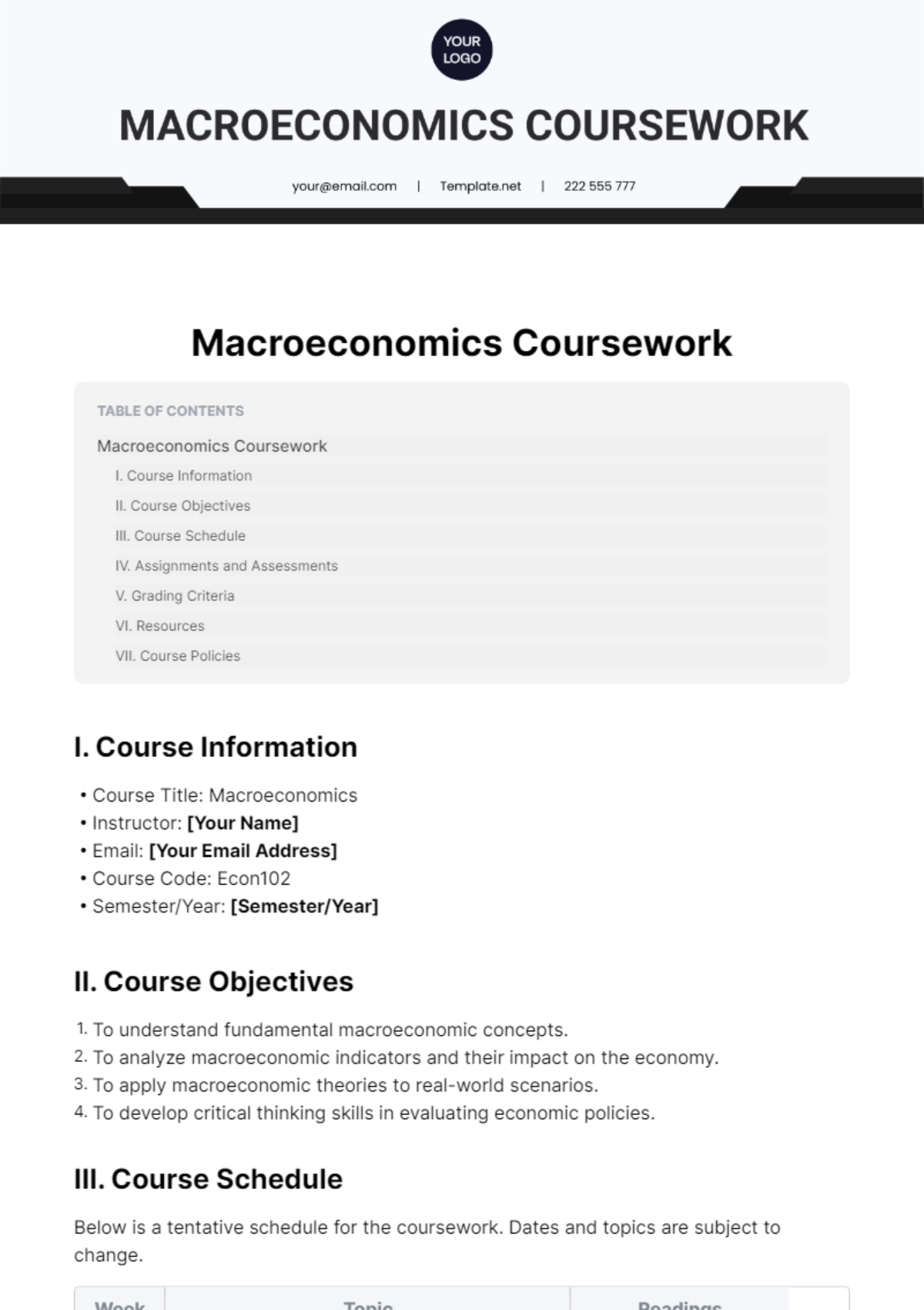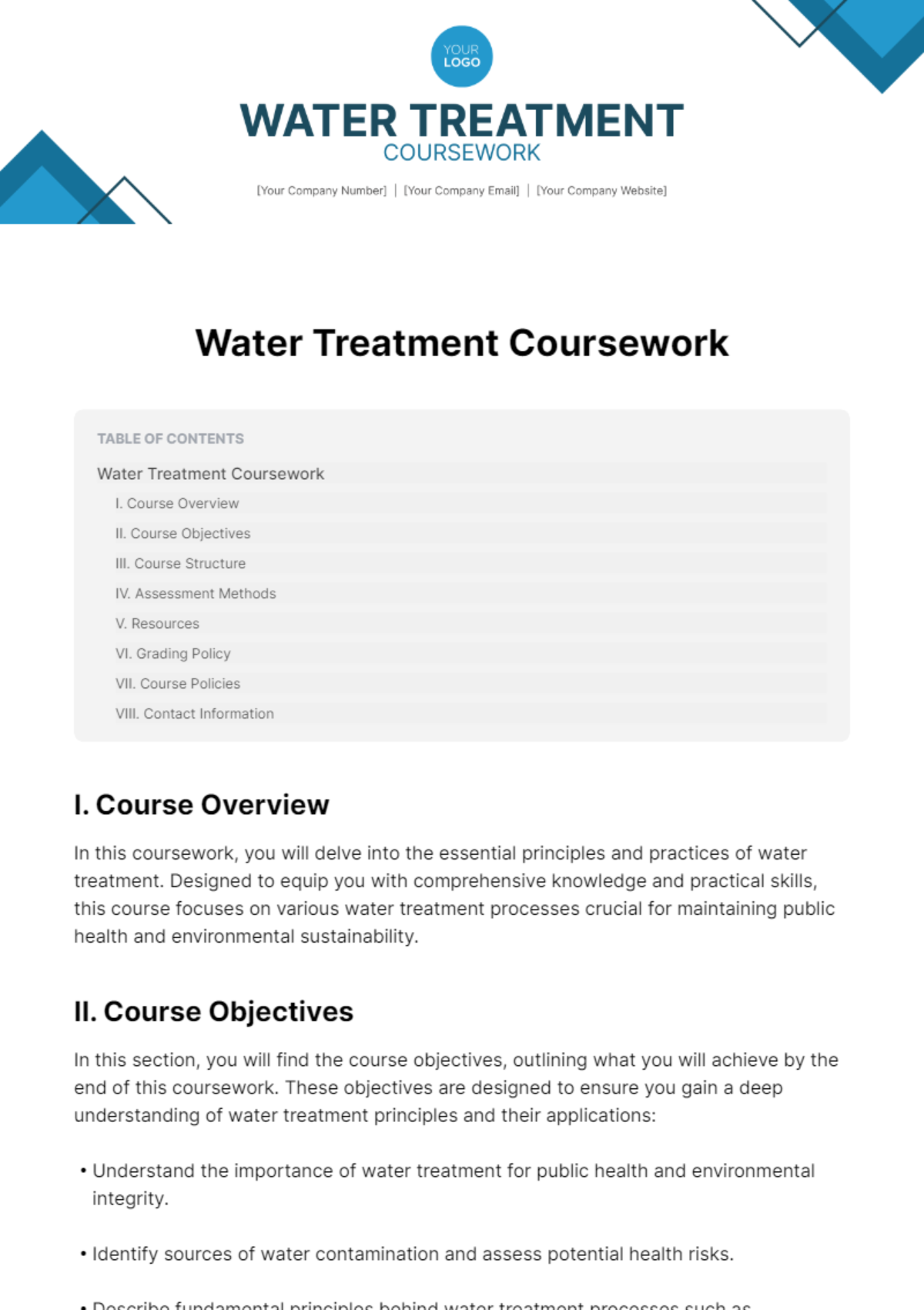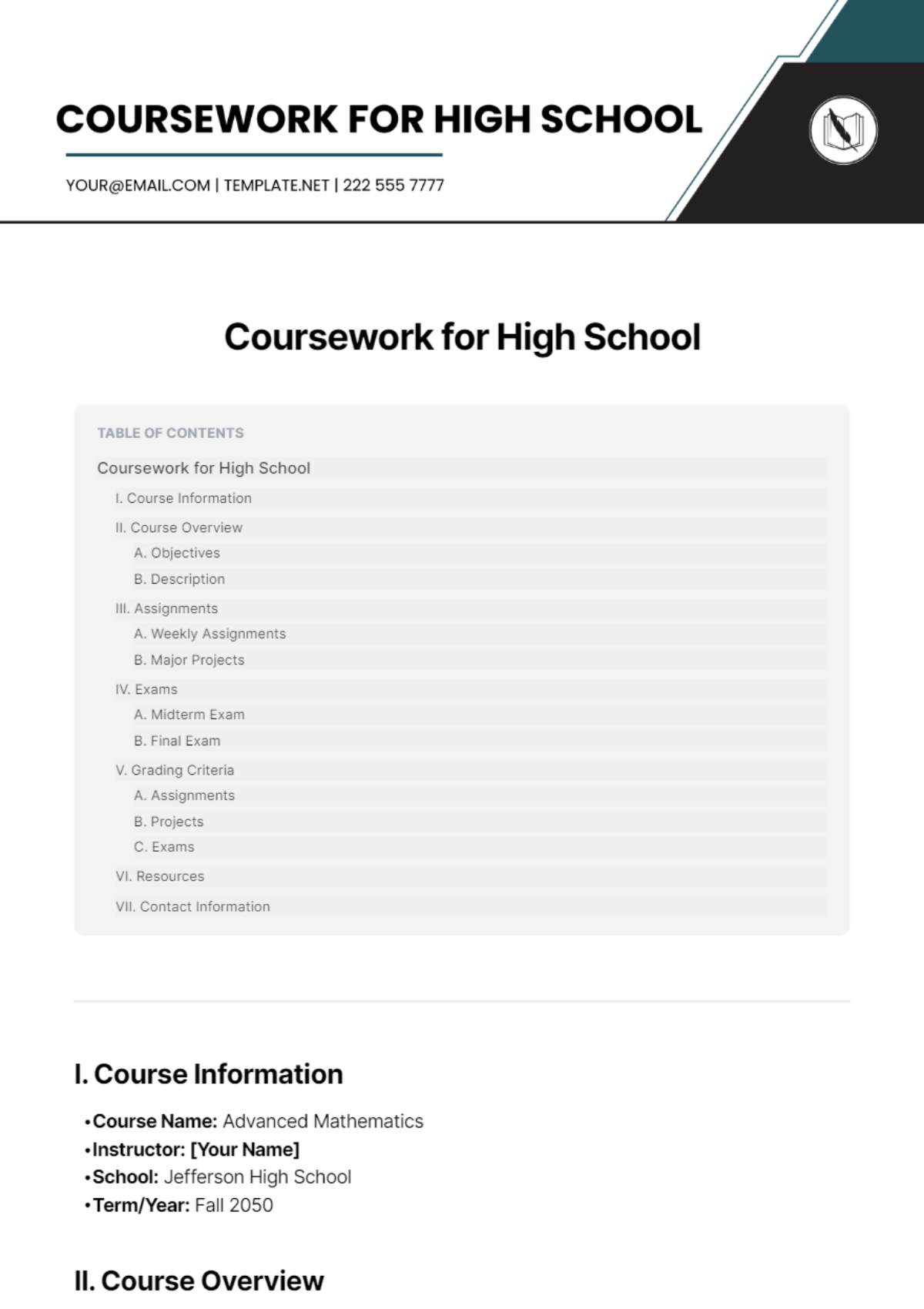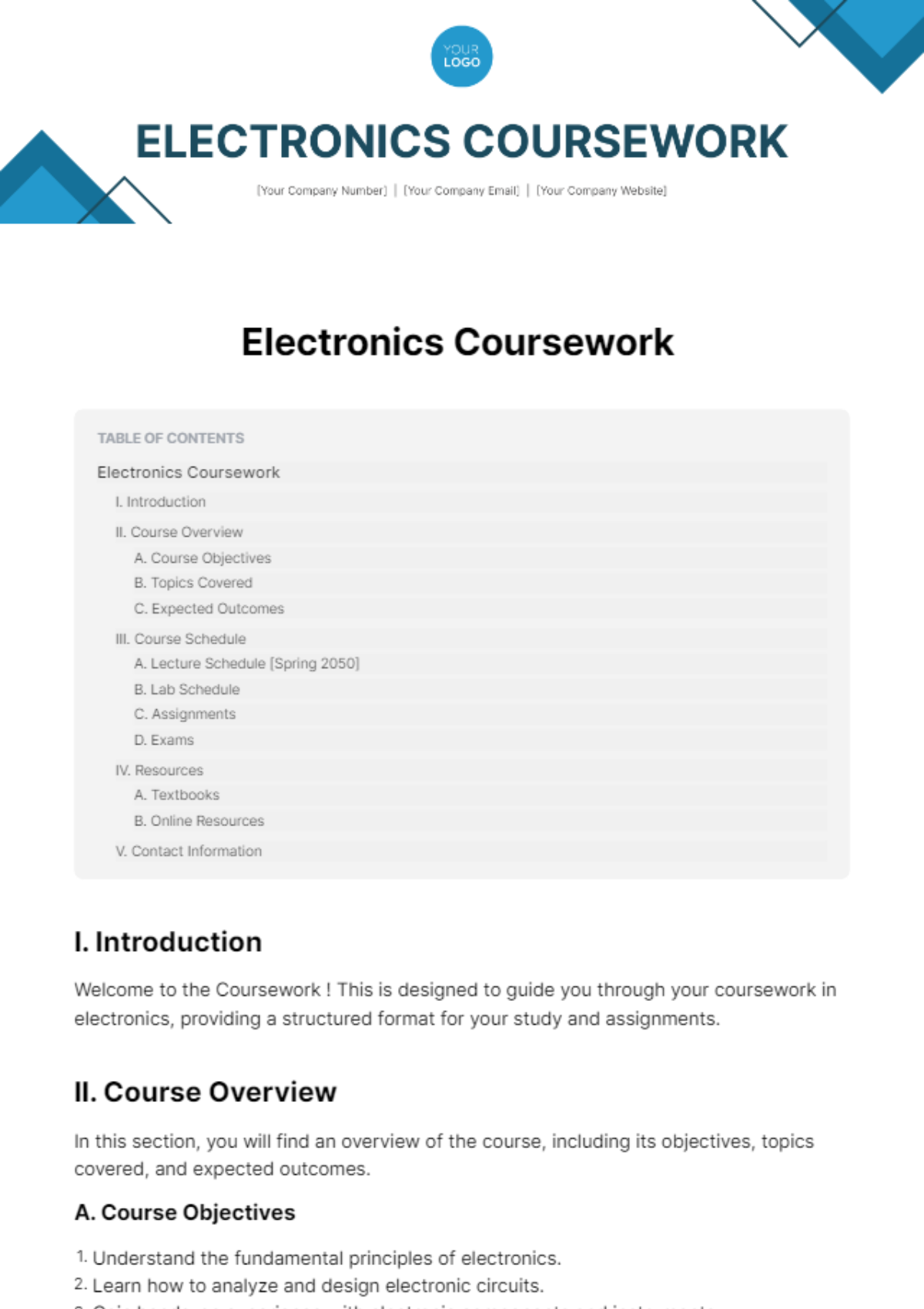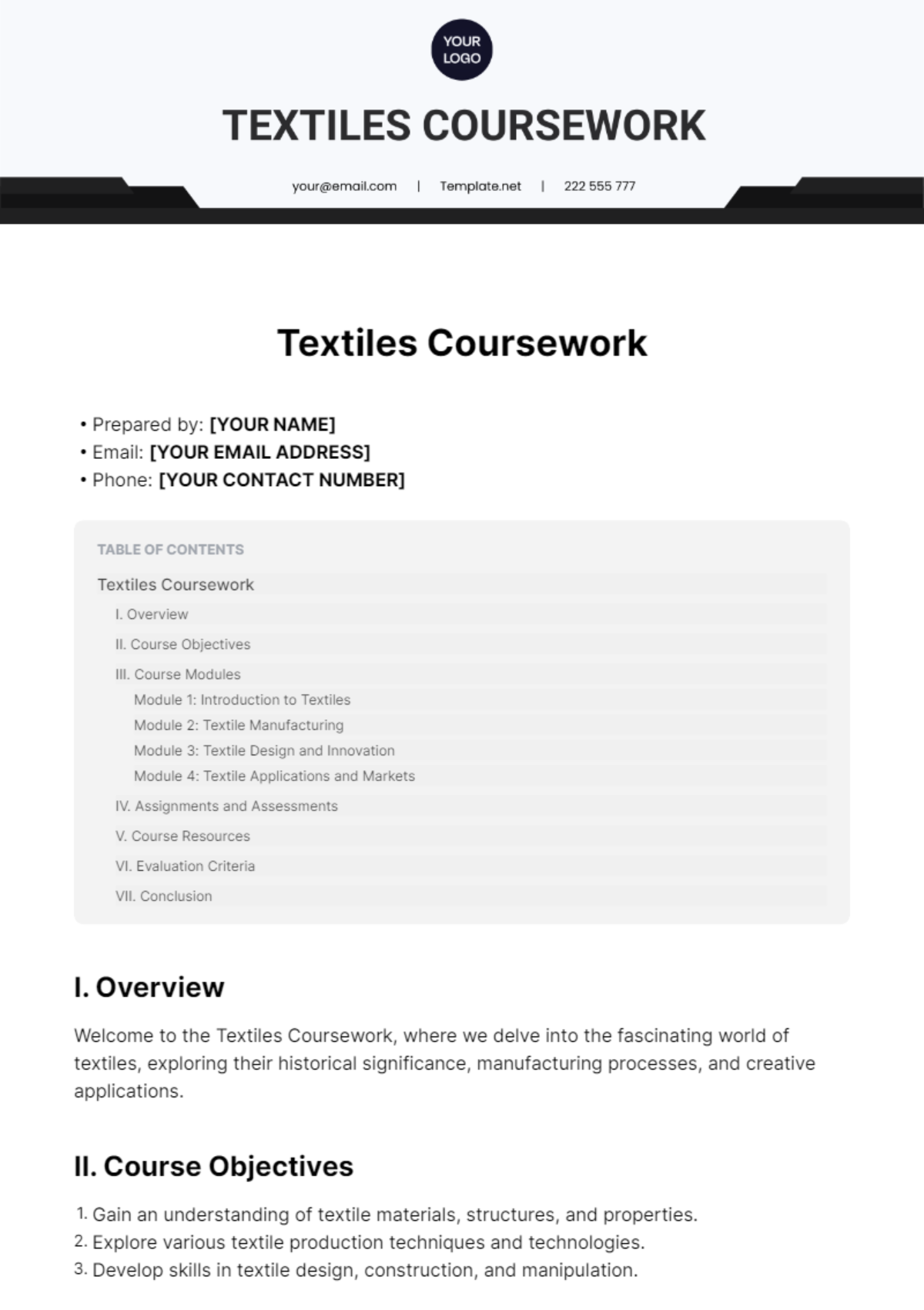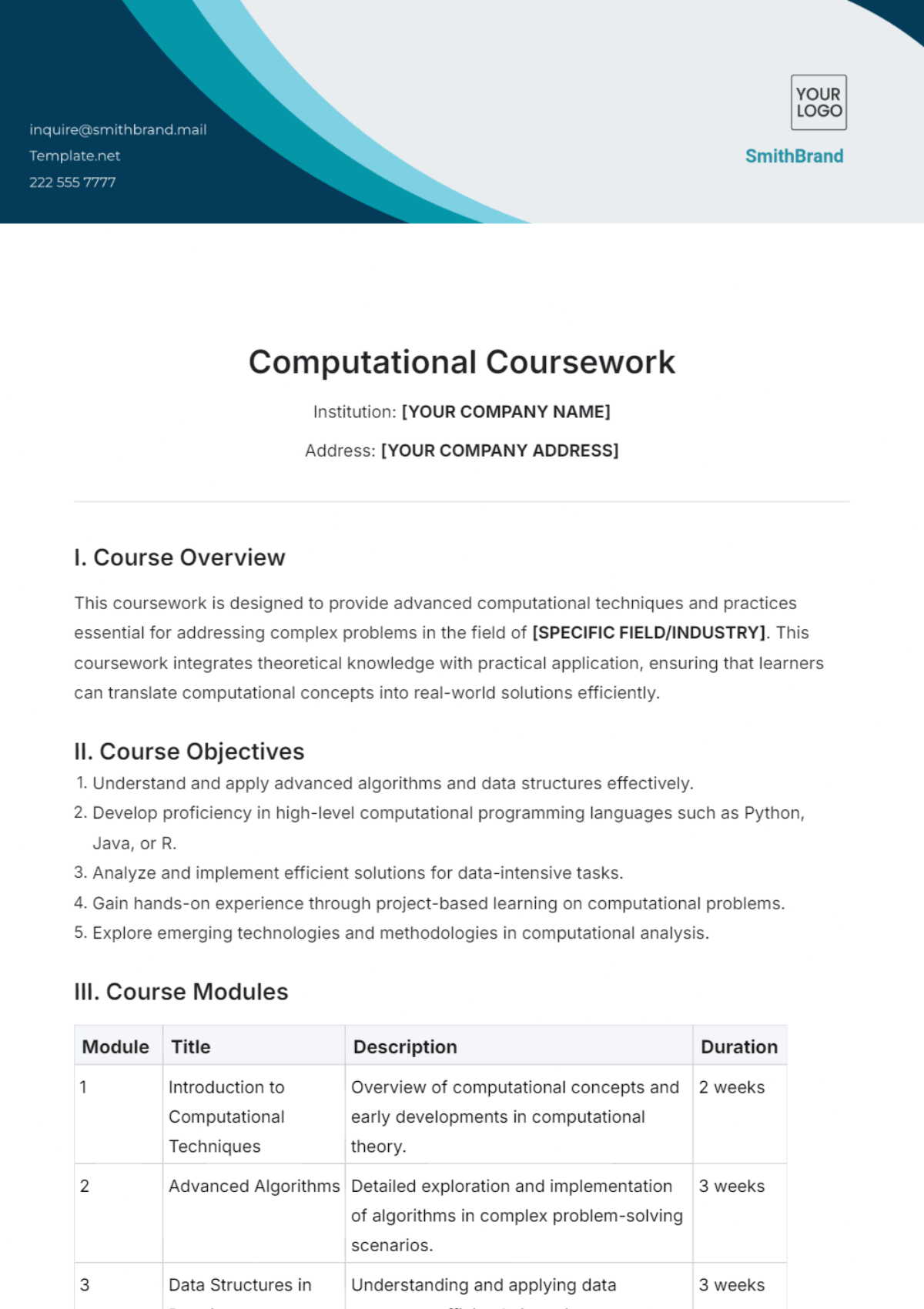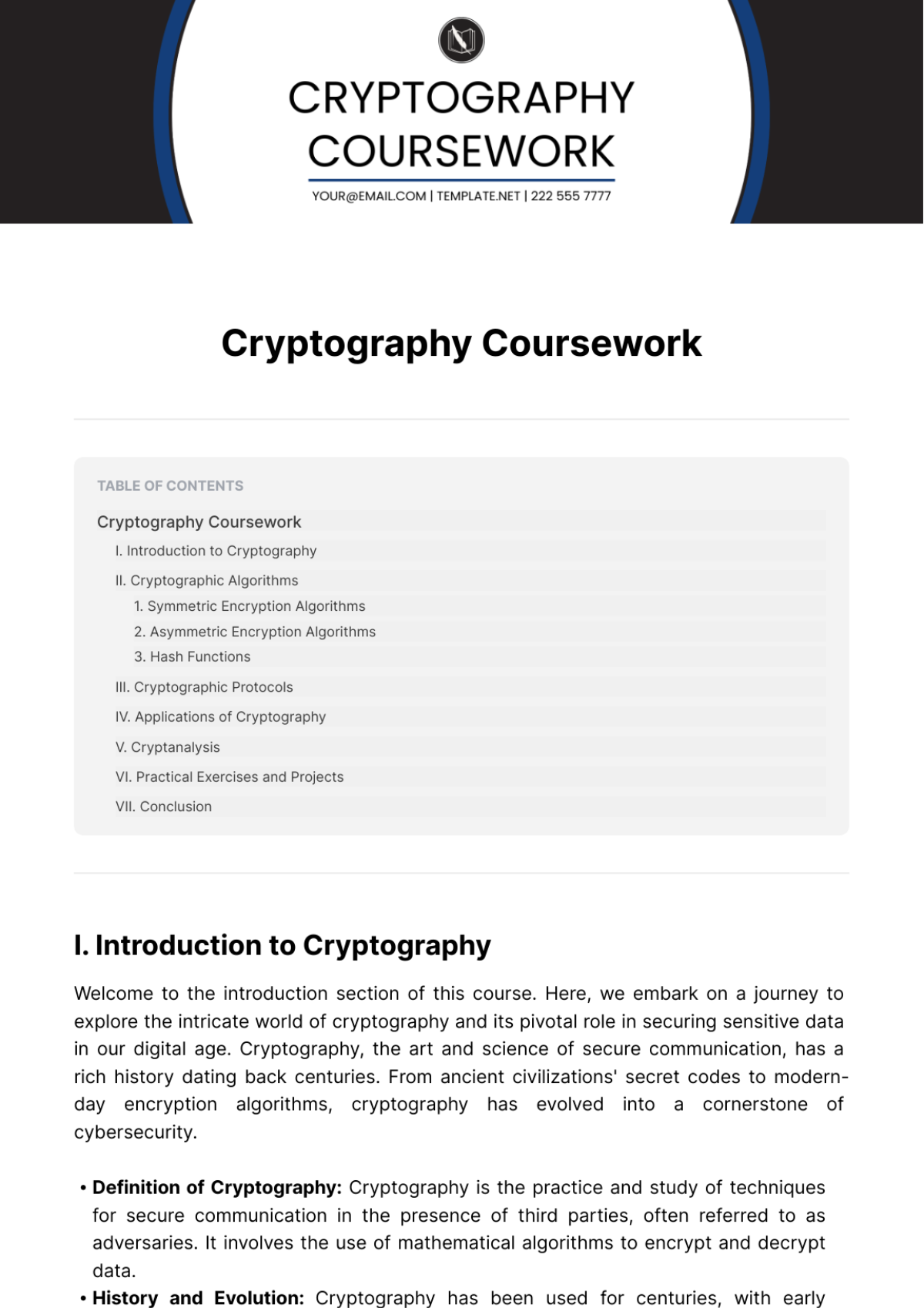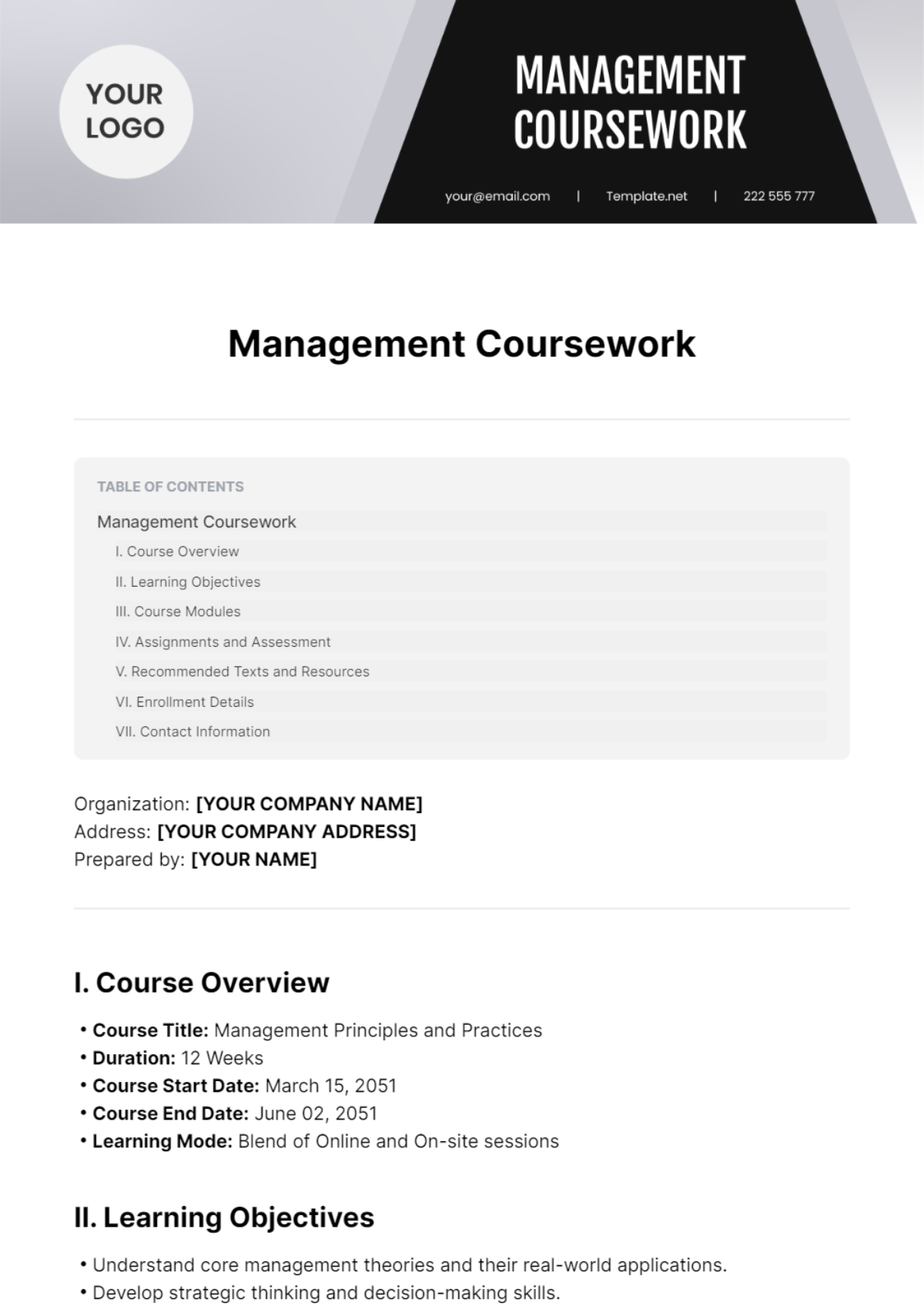Critical Thinking Coursework
I. Introduction to Critical Thinking
In this section, you will be introduced to the fundamental concepts of critical thinking and its importance in problem-solving. You will explore:
Definition of Critical Thinking: Understand what critical thinking entails and its significance in various aspects of life.
Elements of Critical Thinking: Delve into the key components of critical thinking, including analysis, evaluation, inference, and explanation.
The Role of Critical Thinking in Problem Solving: Learn how critical thinking skills can enhance your problem-solving abilities and decision-making processes.
II. Understanding the Problem
In this module, you will learn how to dissect problems effectively to identify underlying issues and constraints. You will cover:
Problem Identification Techniques: Explore different methods for recognizing and defining problems accurately.
Root Cause Analysis: Learn how to conduct a thorough root cause analysis to understand the underlying factors contributing to a problem.
Problem Framing: Understand the importance of framing problems correctly to facilitate effective problem-solving strategies.
III. Analyzing Information
This section focuses on honing your analytical skills to evaluate information critically and make informed decisions. You will:
Data Analysis Methods: Explore various techniques for analyzing data and extracting meaningful insights.
Critical Reading Strategies: Learn how to read and interpret information critically, identifying biases, assumptions, and logical fallacies.
Evidence-Based Decision Making: Understand the importance of relying on evidence and sound reasoning to support your conclusions.
IV. Generating Solutions
In this module, you will learn creative and systematic approaches to generate potential solutions to identified problems. You will:
Brainstorming Techniques: Explore brainstorming methods to generate a diverse range of ideas.
Critical Creative Thinking: Combine critical thinking with creativity to develop innovative solutions.
Evaluation Criteria: Learn how to establish criteria for evaluating potential solutions based on feasibility, effectiveness, and ethical considerations.
V. Decision Making and Implementation
This section focuses on making well-informed decisions and implementing solutions effectively. You will:
Decision-Making Models: Explore different decision-making models and frameworks to guide your decision-making process.
Risk Assessment: Learn how to assess and mitigate risks associated with potential solutions.
Action Planning: Develop action plans to implement chosen solutions, considering resources, timelines, and stakeholders' roles.
VI. Continuous Improvement
In this final module, you will explore strategies for continuous improvement and reflection. You will:
Post-Implementation Evaluation: Learn how to evaluate the outcomes of implemented solutions and identify lessons learned.
Feedback Mechanisms: Establish feedback mechanisms to gather insights from stakeholders and refine future problem-solving processes.
Personal Development Plan: Develop a personal development plan to continue honing your critical thinking and problem-solving skills beyond the course.
